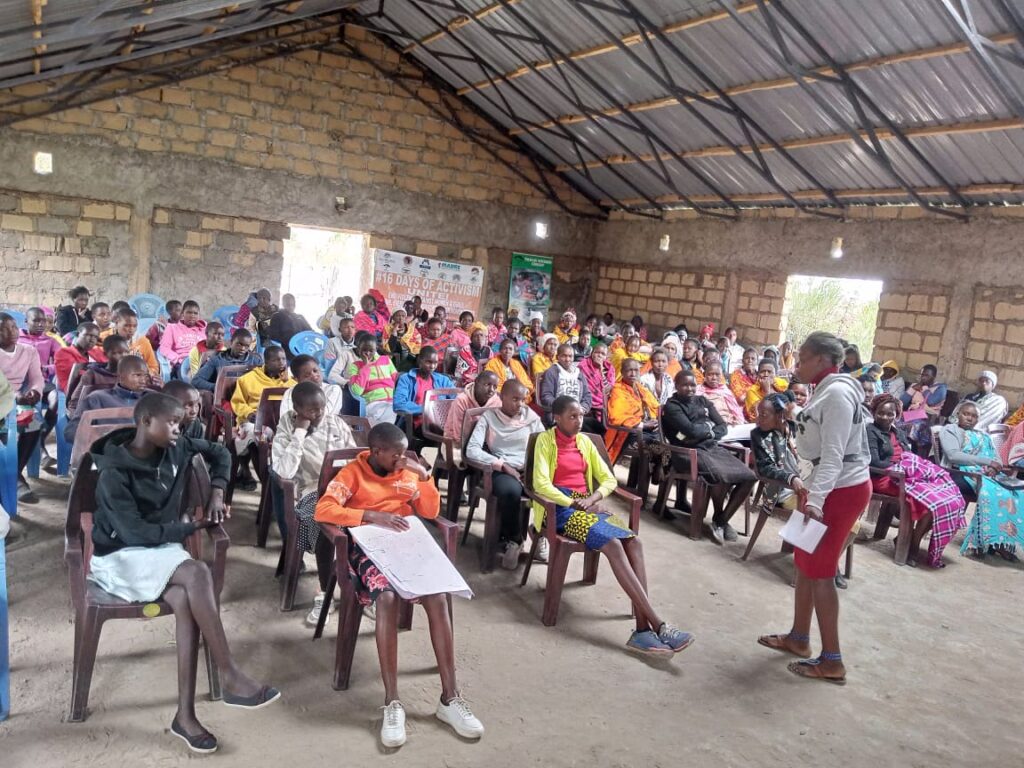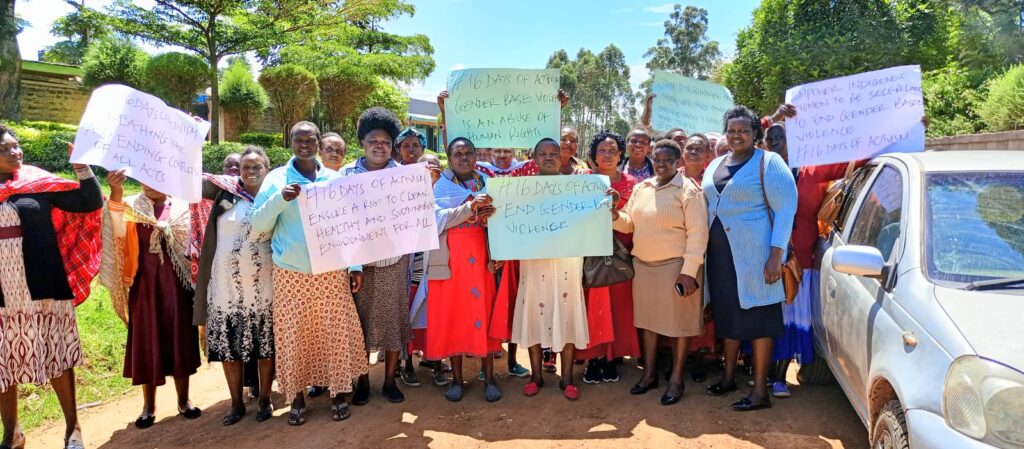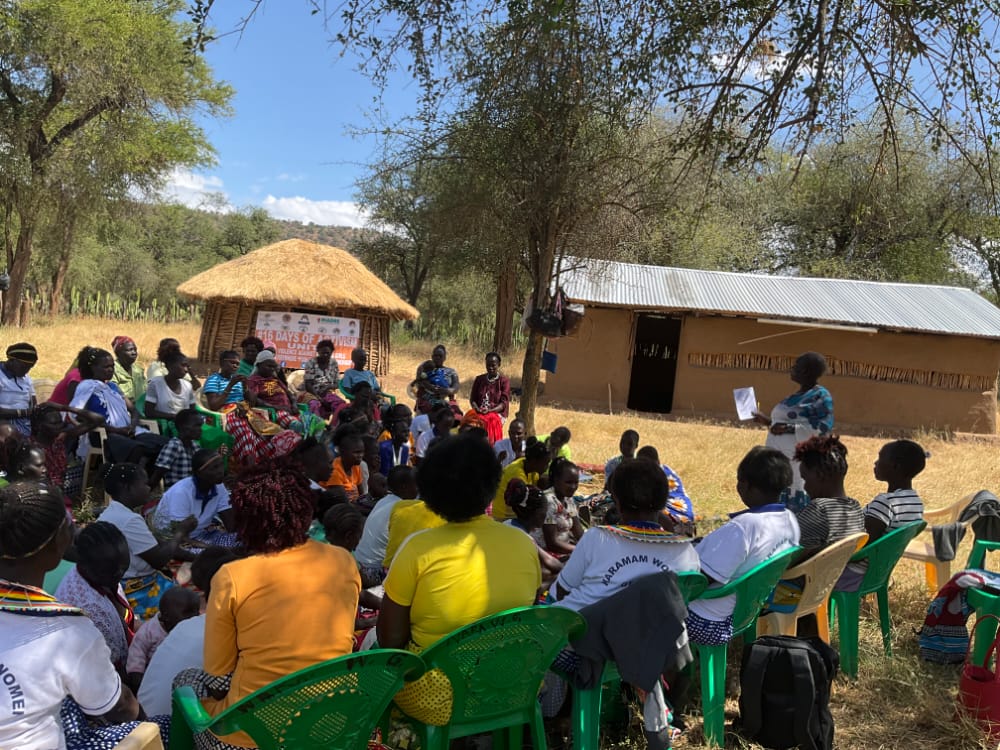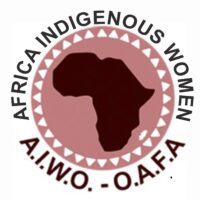About Us
The African Indigenous Women’s Organization is a continental-wide Non-Governmental Organization (NGO), whose members are composed of African Indigenous Women representing NGOs, Community Based Organizations (CBOs) and other grass-root organizations (who undertake social and economic activities for their own gain). We work towards the promotion of women’s and indigenous peoples rights which include social, economic and political empowerment in Africa.
African Indigenous Women’s Organization (AIWO) was formed on 24th April, 1998 in Agadir, Morocco. This was after the first African Indigenous Conference held on 20th to 24th April the same year. The conference was initiated by Netherlands Center for Indigenous Peoples and hosted by Tamaynut of Morocco. The theme of the conference was to “Clarify the role of Indigenous Women in Africa as supporters of the Community and to strengthen the Indigenous Cultures and traditions persistence”.
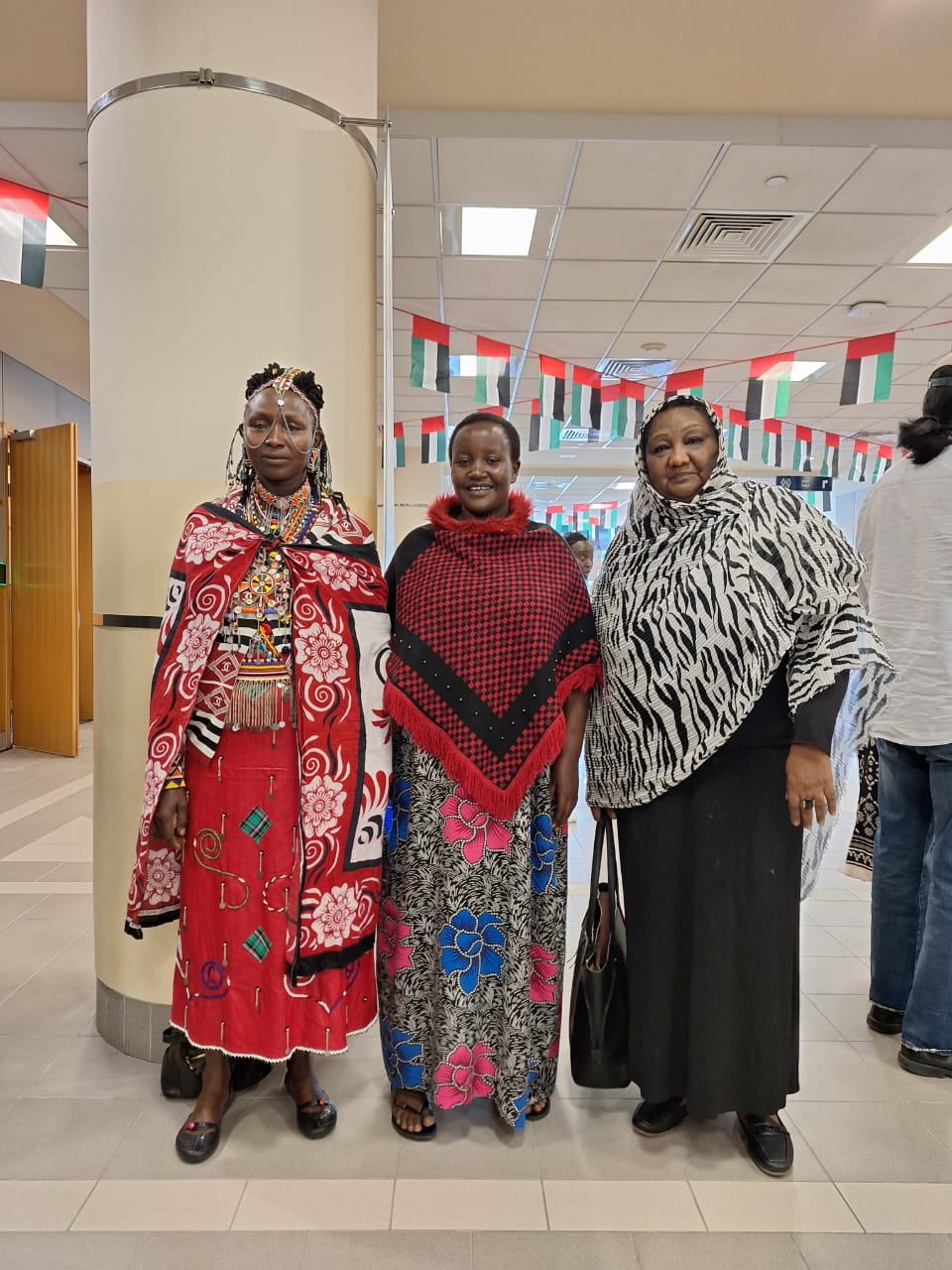
Our Activities
AIWO works directly with indigenous groups from rural areas to address issues in the following areas:
Our Major Programs
- Environmental conservation
- Reproductive health, including HIV/AIDS
- women’s rights and gender mainstreaming
- Education
- Women Economic empowerment
- Influence policy change
- Cultural preservation
Our Vision
Improvement and empowerment of African Indigenous Women’s livelihood
Our Mission
Enhancing and strengthening the capacity of African Indigenous Women through participation, social, economic, political empowerment as well as protection of their rights
INTERNATIONAL WOMENS DAY, 2024, celebrated in Turkana and led by the Turkana County First Day & Women Rep and other ladies.Celebrated in 3 different schools, including Turkana Girls High School, where we supplied the girls with dignity kits and sanitary pads.The function was wrapped up with a Baraza at Lorugum Stadium, where women from all over Turkana County had come together to celebrate the day.
https://www.facebook.com/share/v/TsP6yV7yWeMTZWN5/?mibextid=xfxF2i
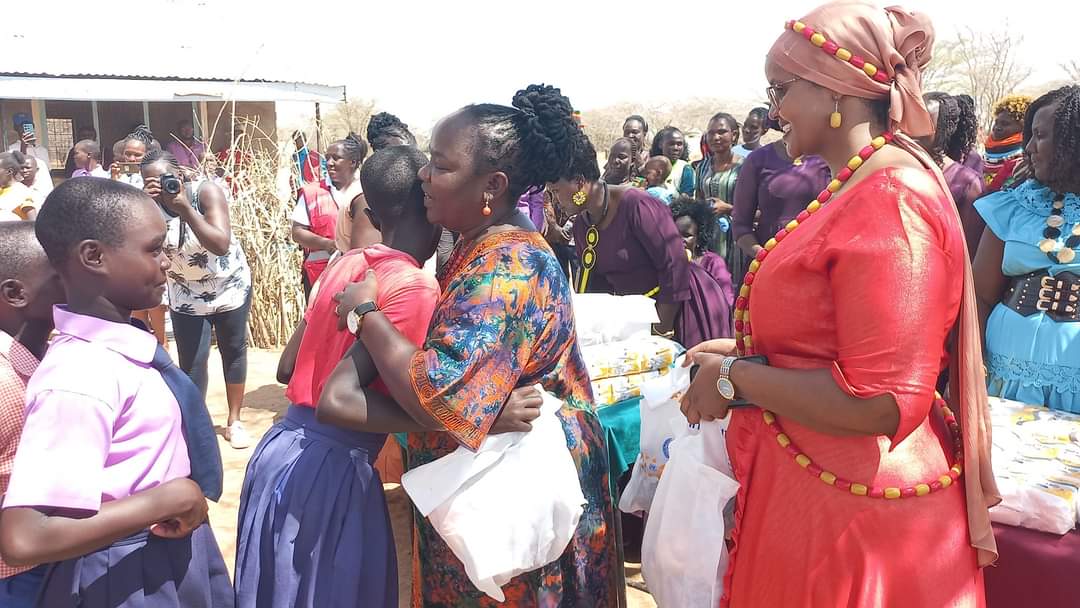
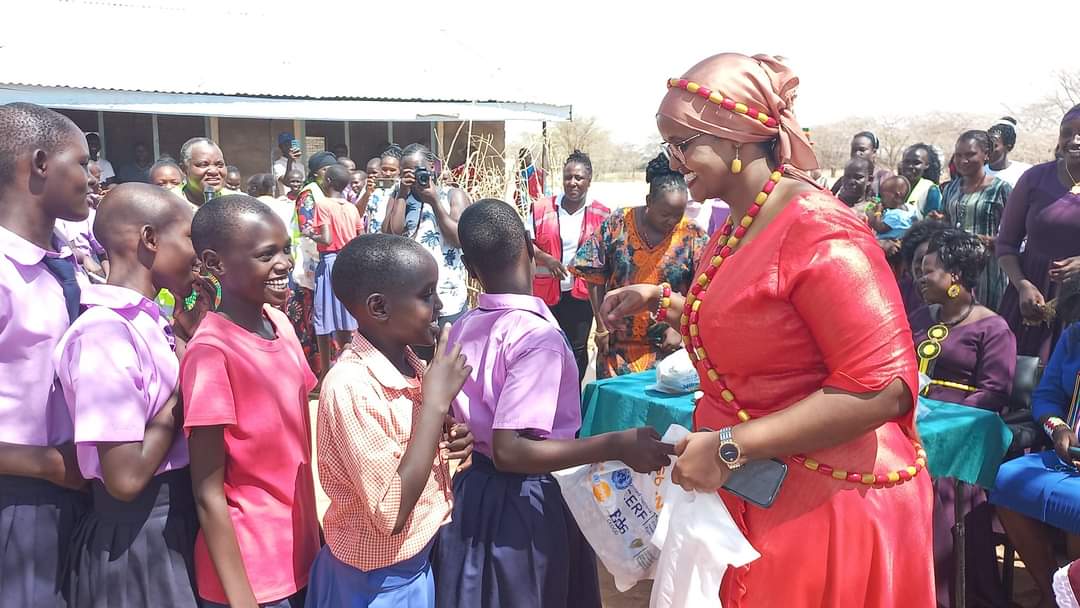
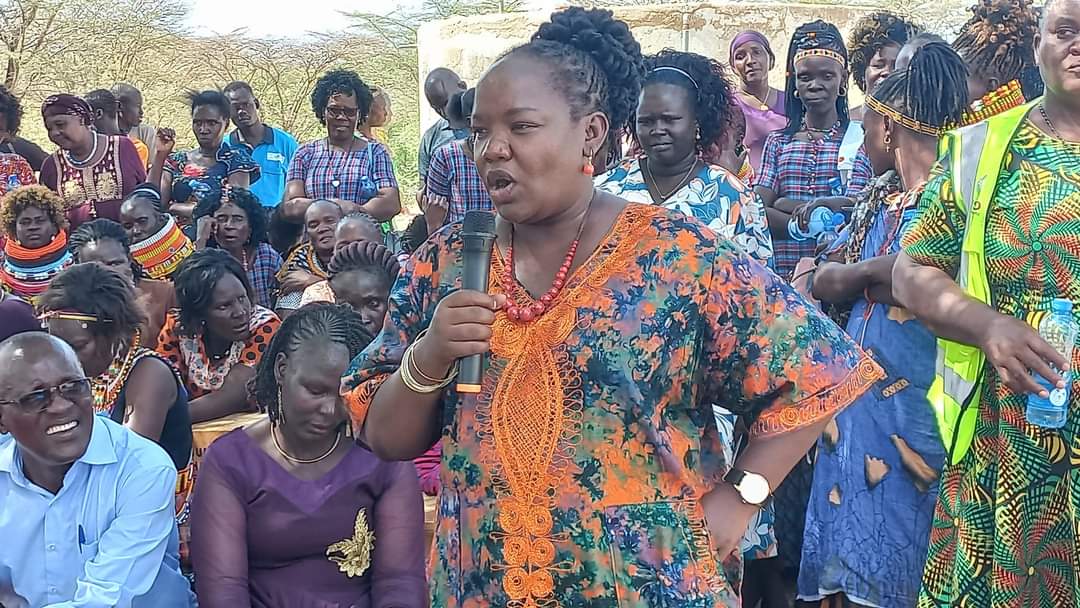
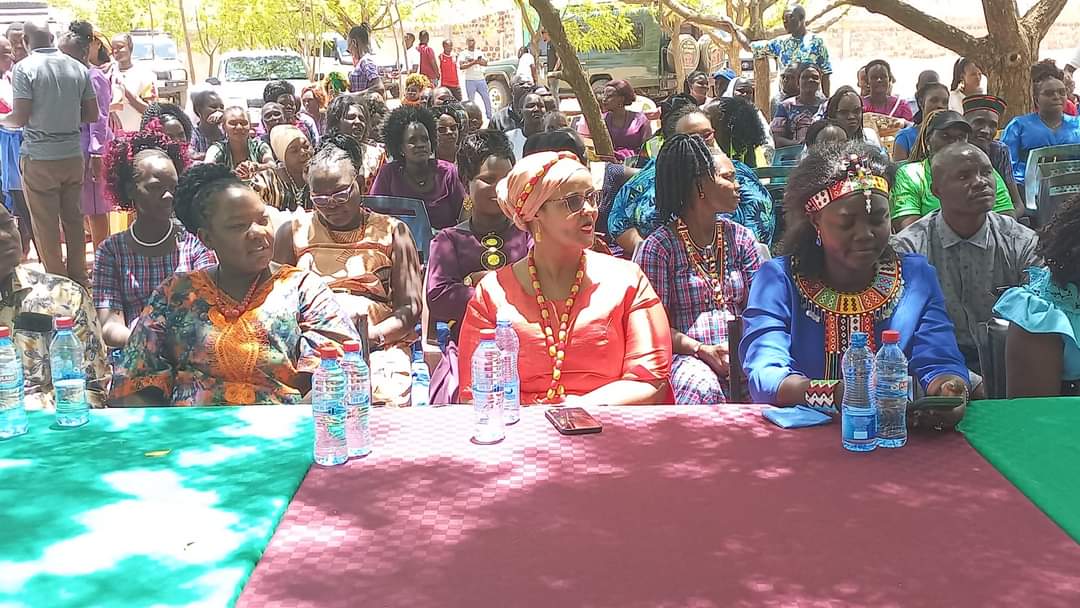
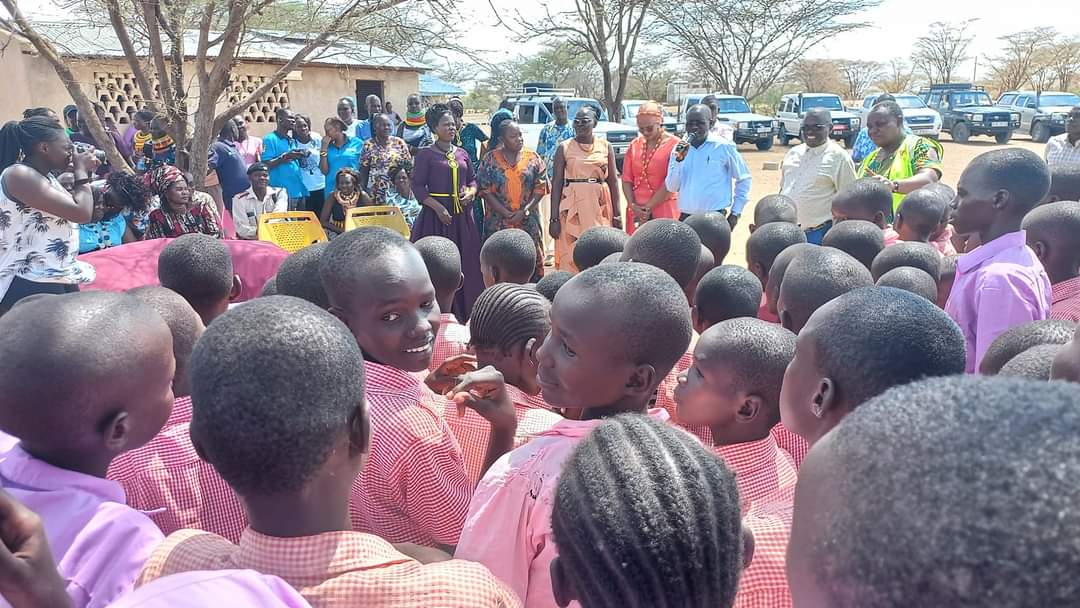
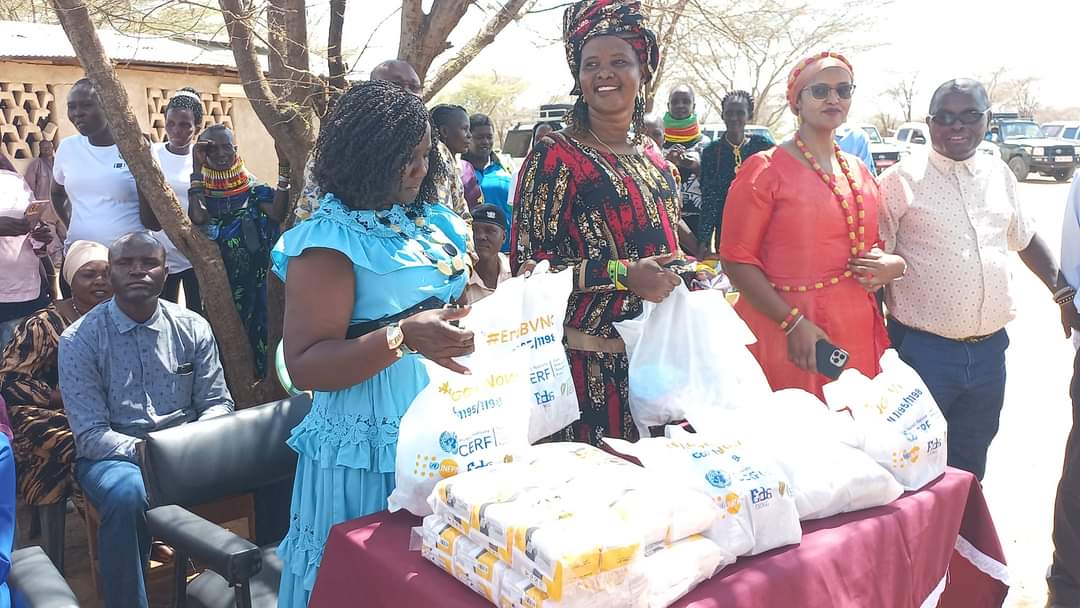
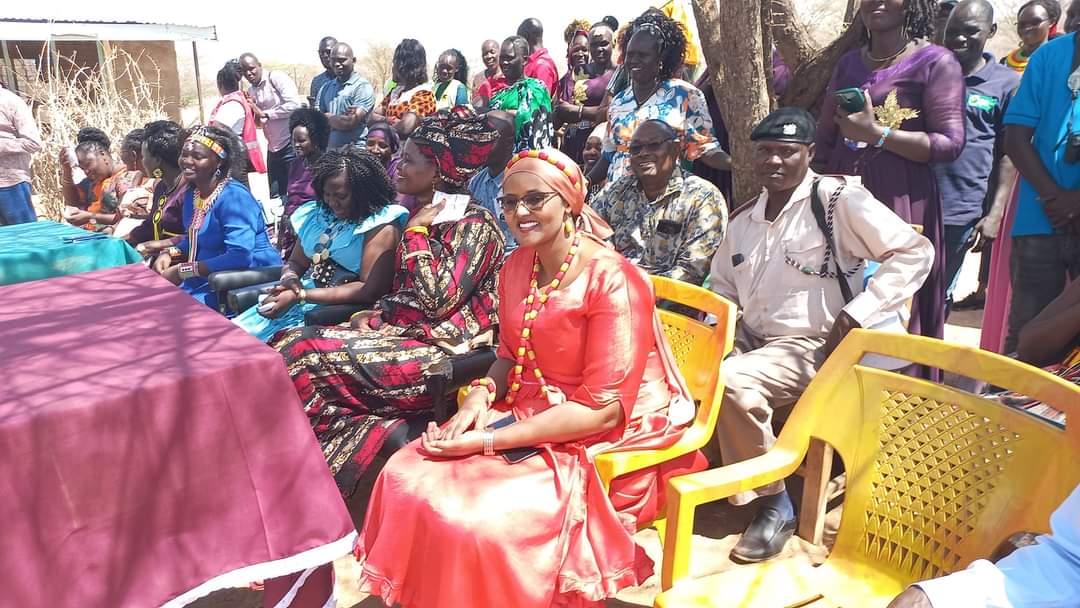
2023 International Women’s Day celebration!
We celebrated international women’s day regionaly.Indigenous women from kenya and Tanzania had a joined celebration at Kilgoris Narok county and more than 600 women attended the event.Digital technology inclusion was the topic of discussion and the women shared more on their involvement in technology innovations.
16Days Of Activism 2022 Campaign
We joined the Indigenous women from Naramam,Kiltamany,Narok ,Marsabit and Transmara during the launch of this campaign.Working together will make it easier to end any form of violence against women and Girls
2022 International Women’s Day Celebration
2023 International Womens's Day Celebration
Africa Indigenous Women had an opportuity to celebrate International women’s Day across Africa.Women from West,Central and East Africa had successful event which attracted over 1000 indigenous women.Women were able to learn more on importance of digital inclusivity and remaining well conversant with any technology innovation.Also they discussed issues to do with Online-based violence against Women and girls.
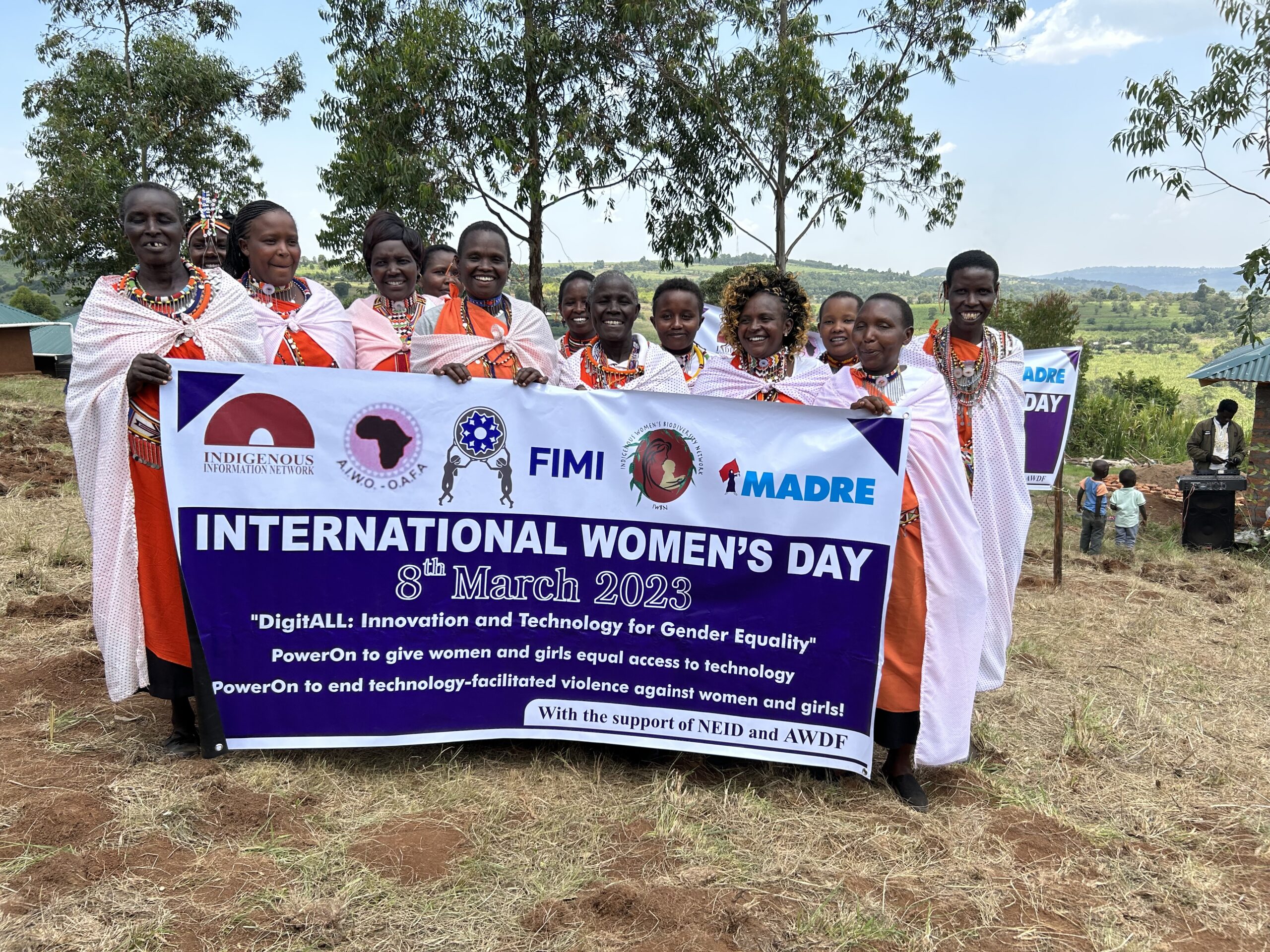
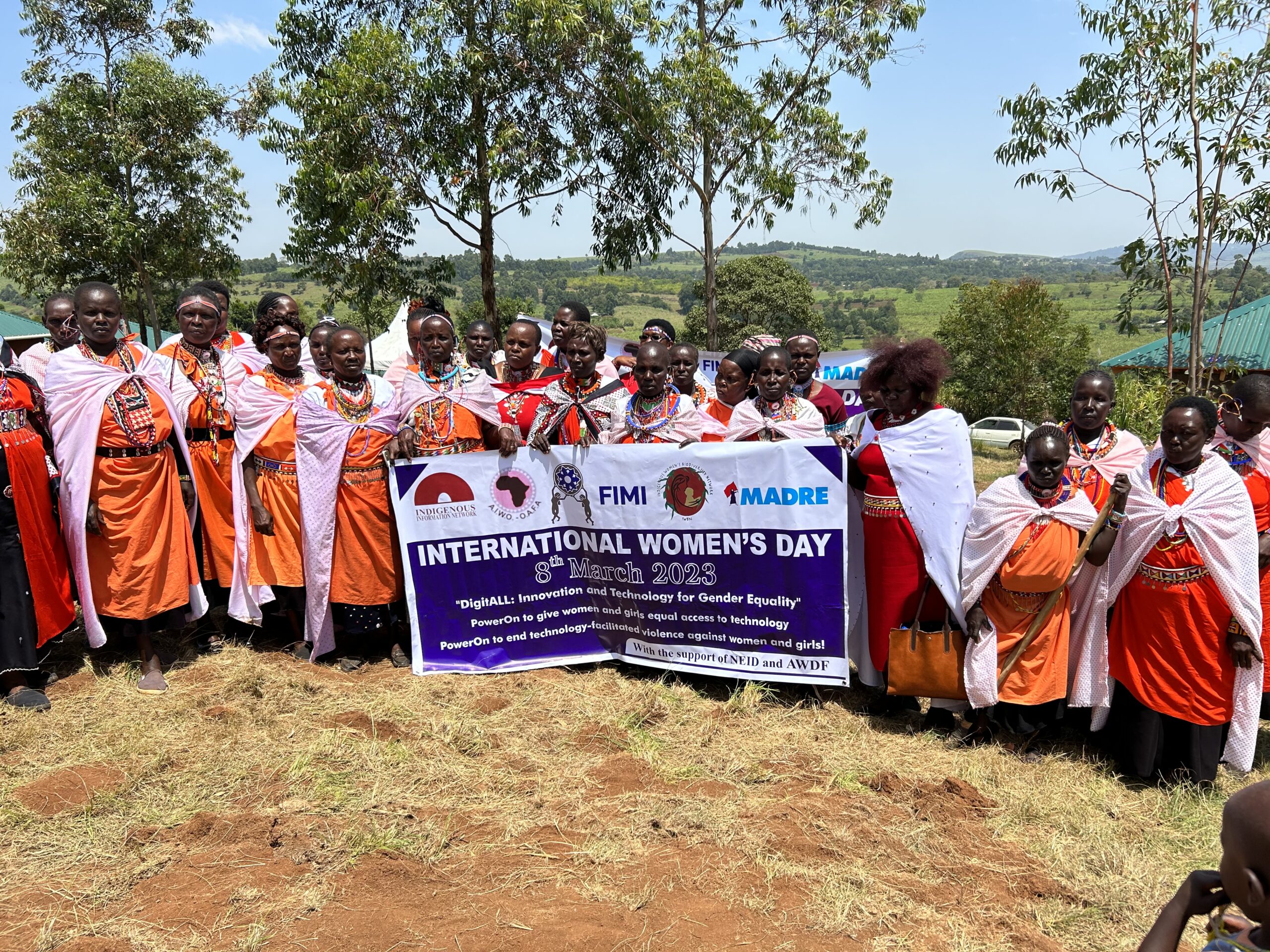
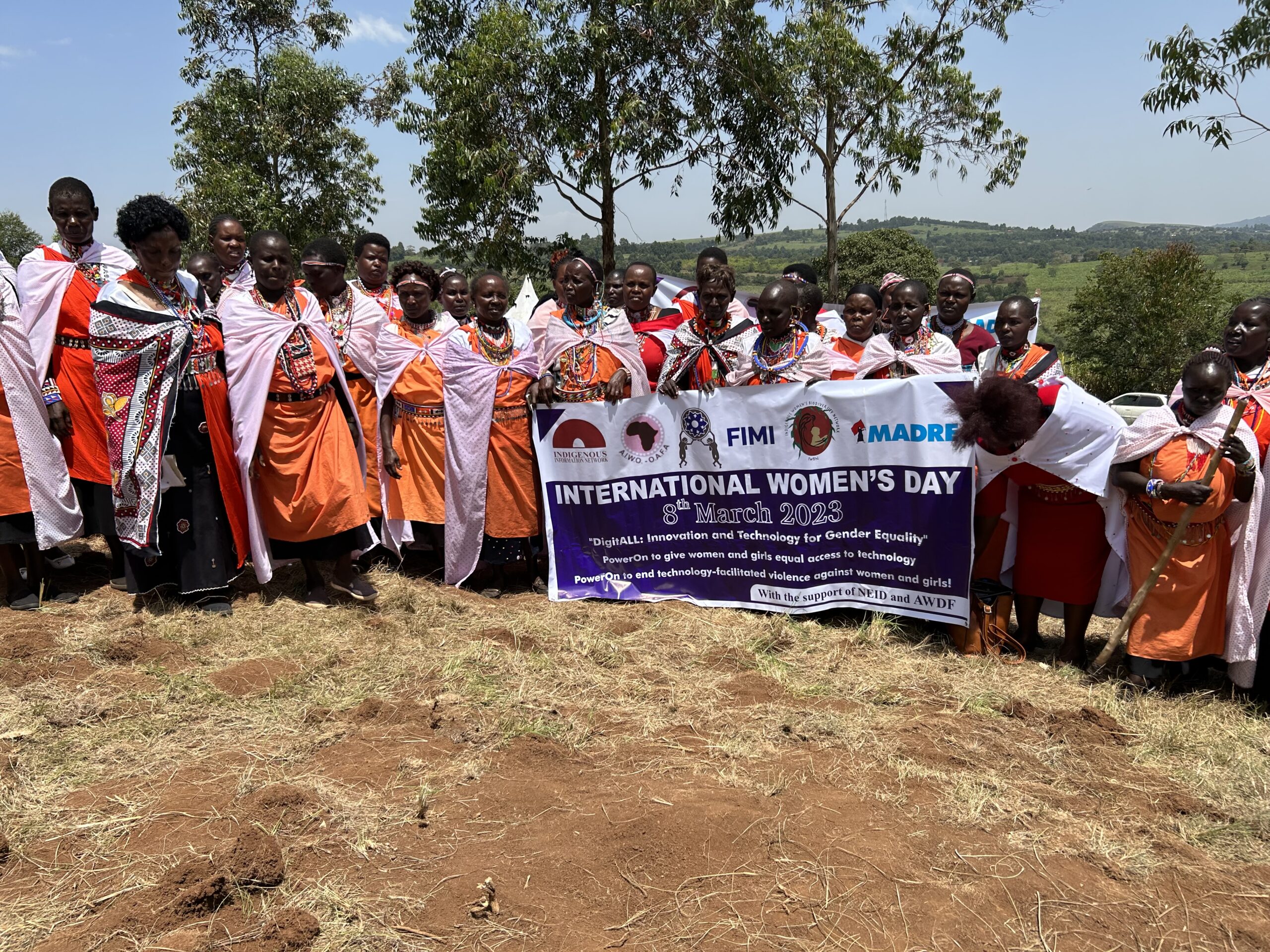
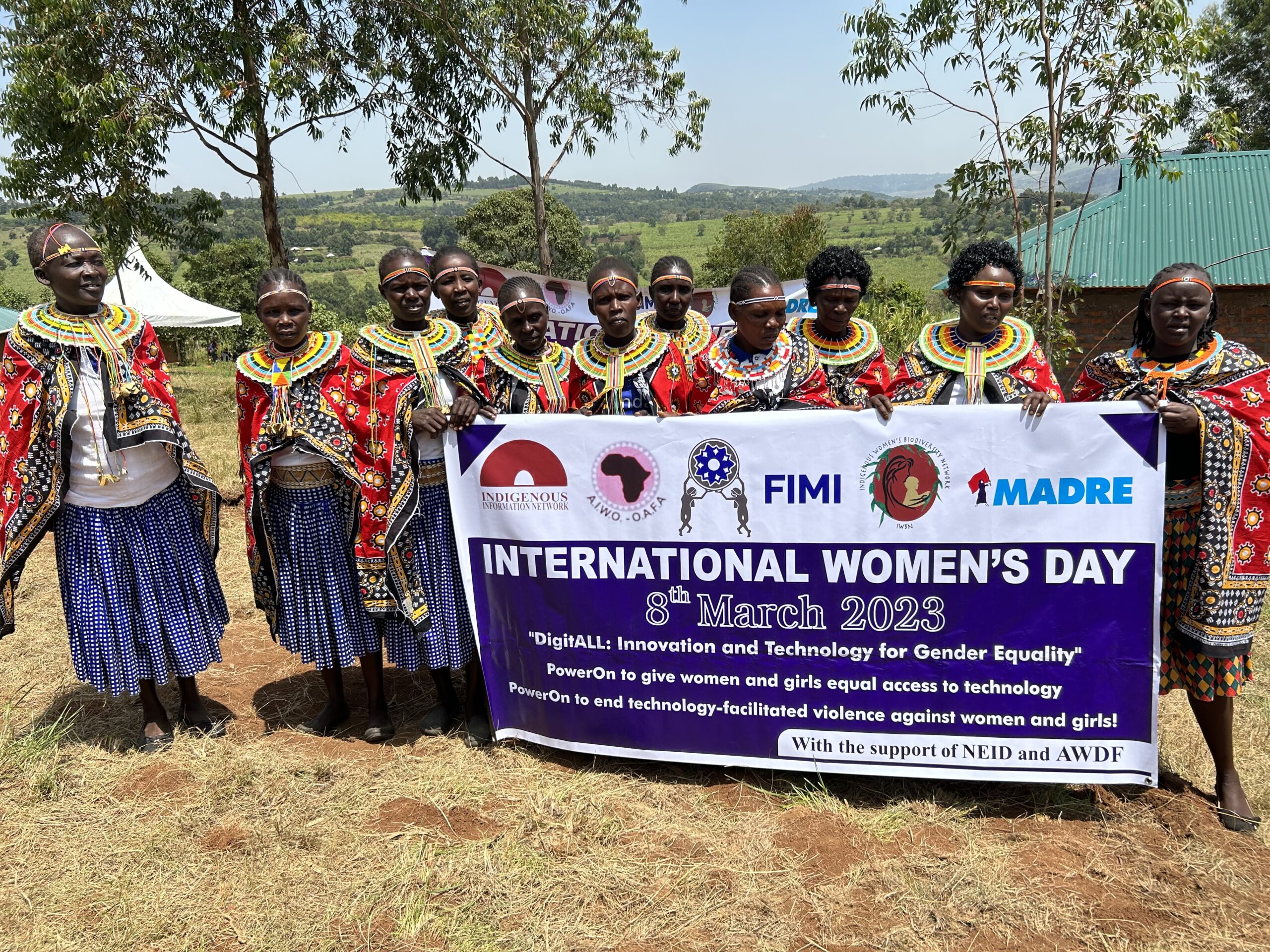
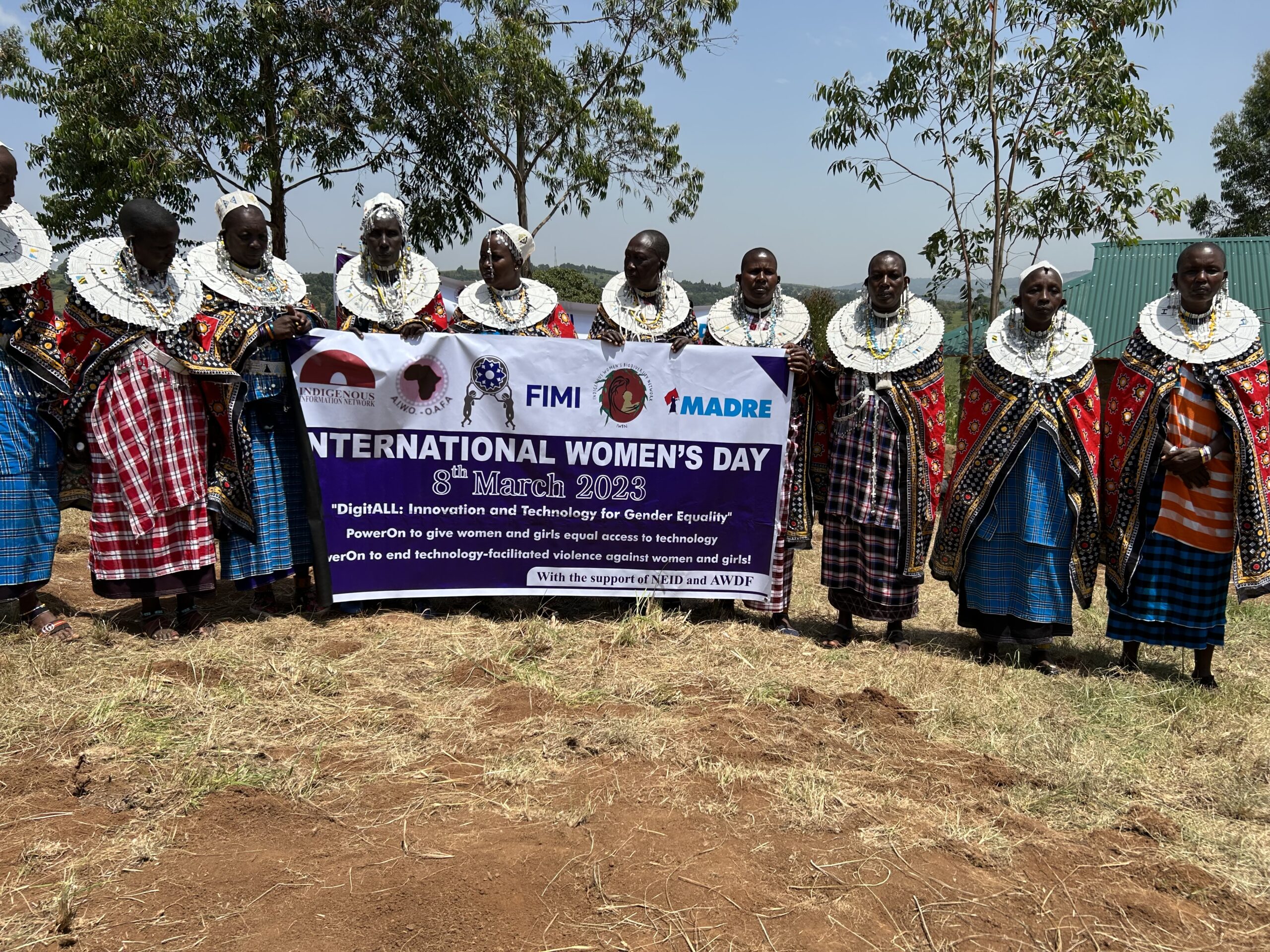
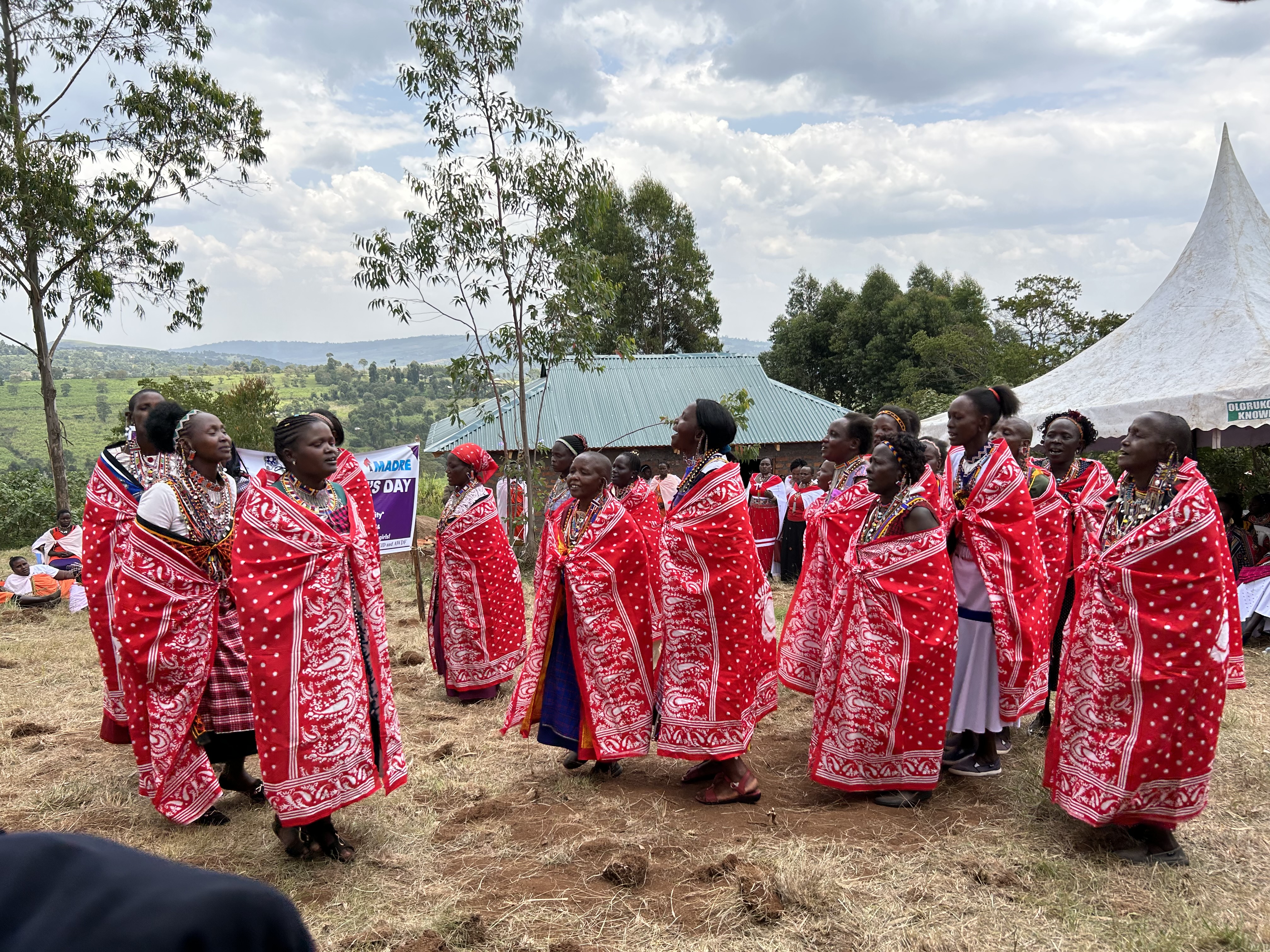
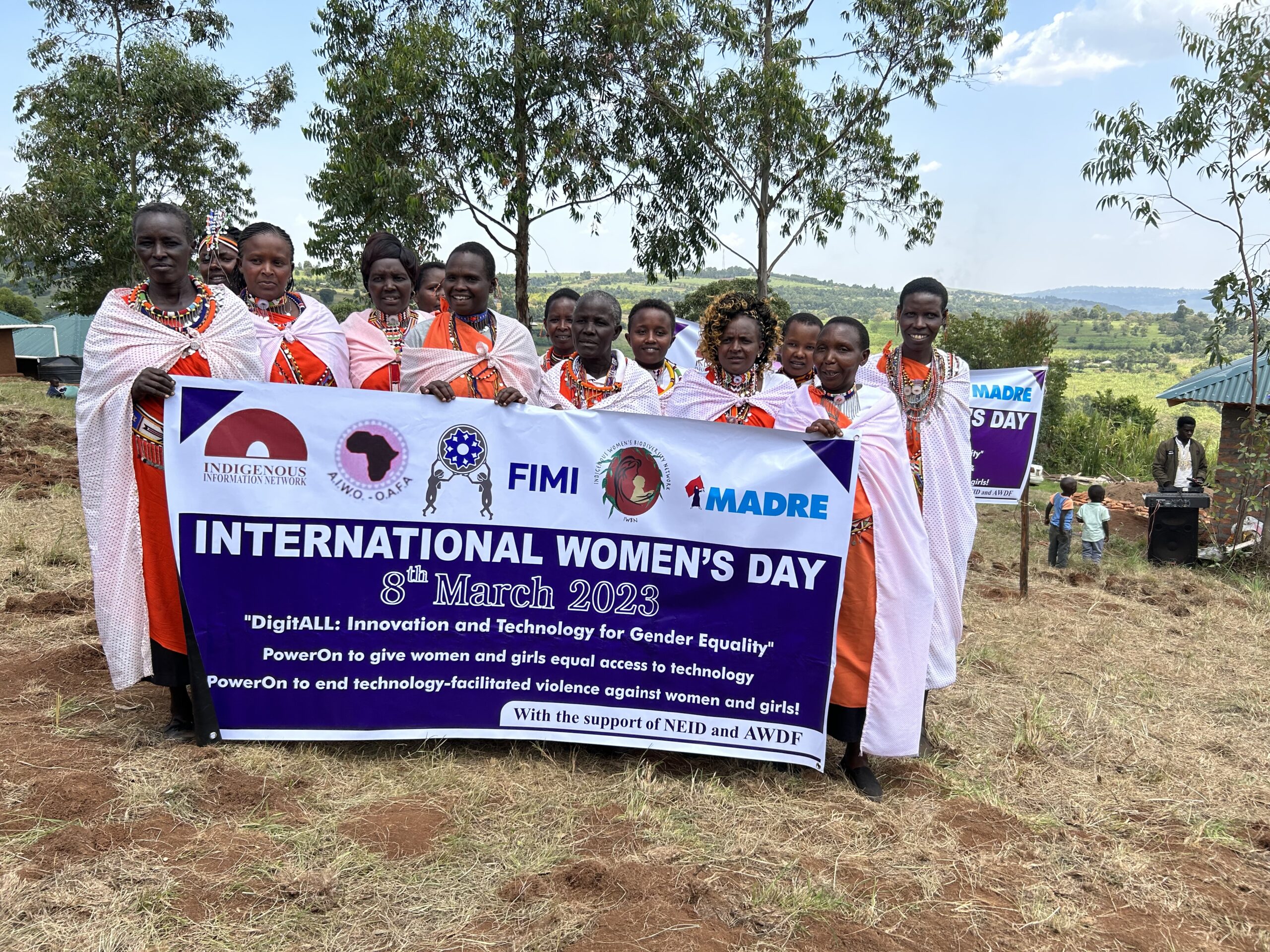
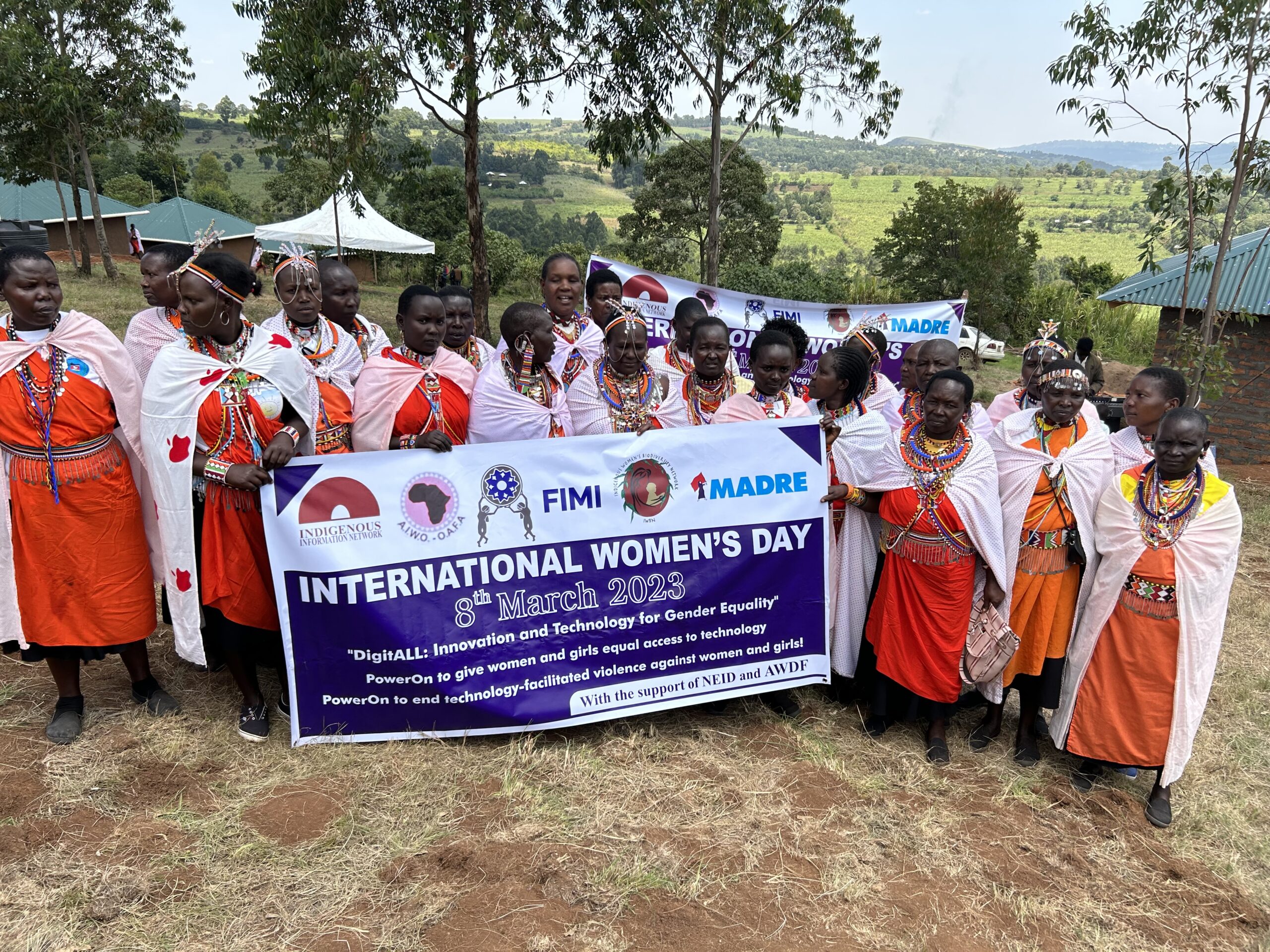
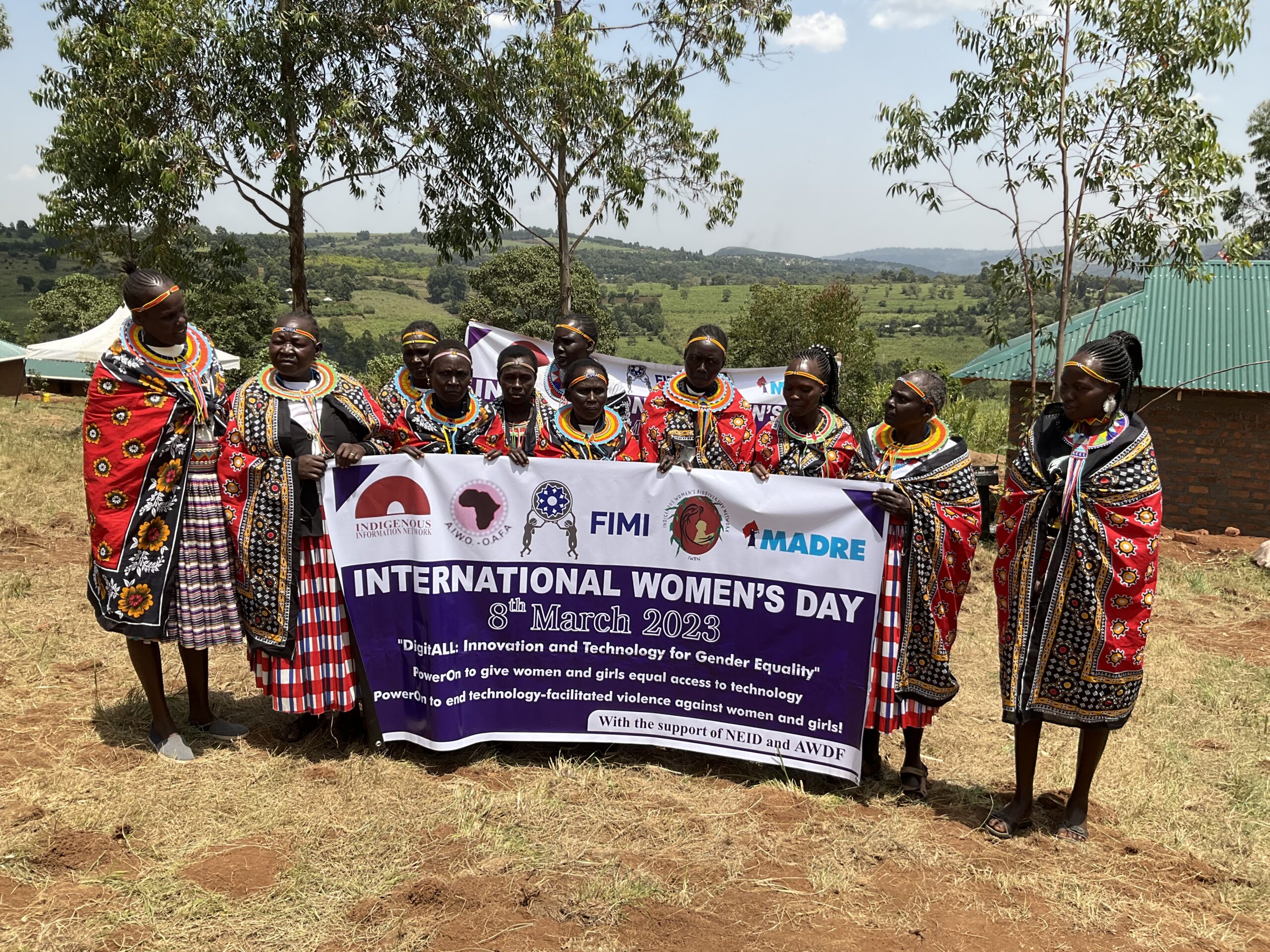
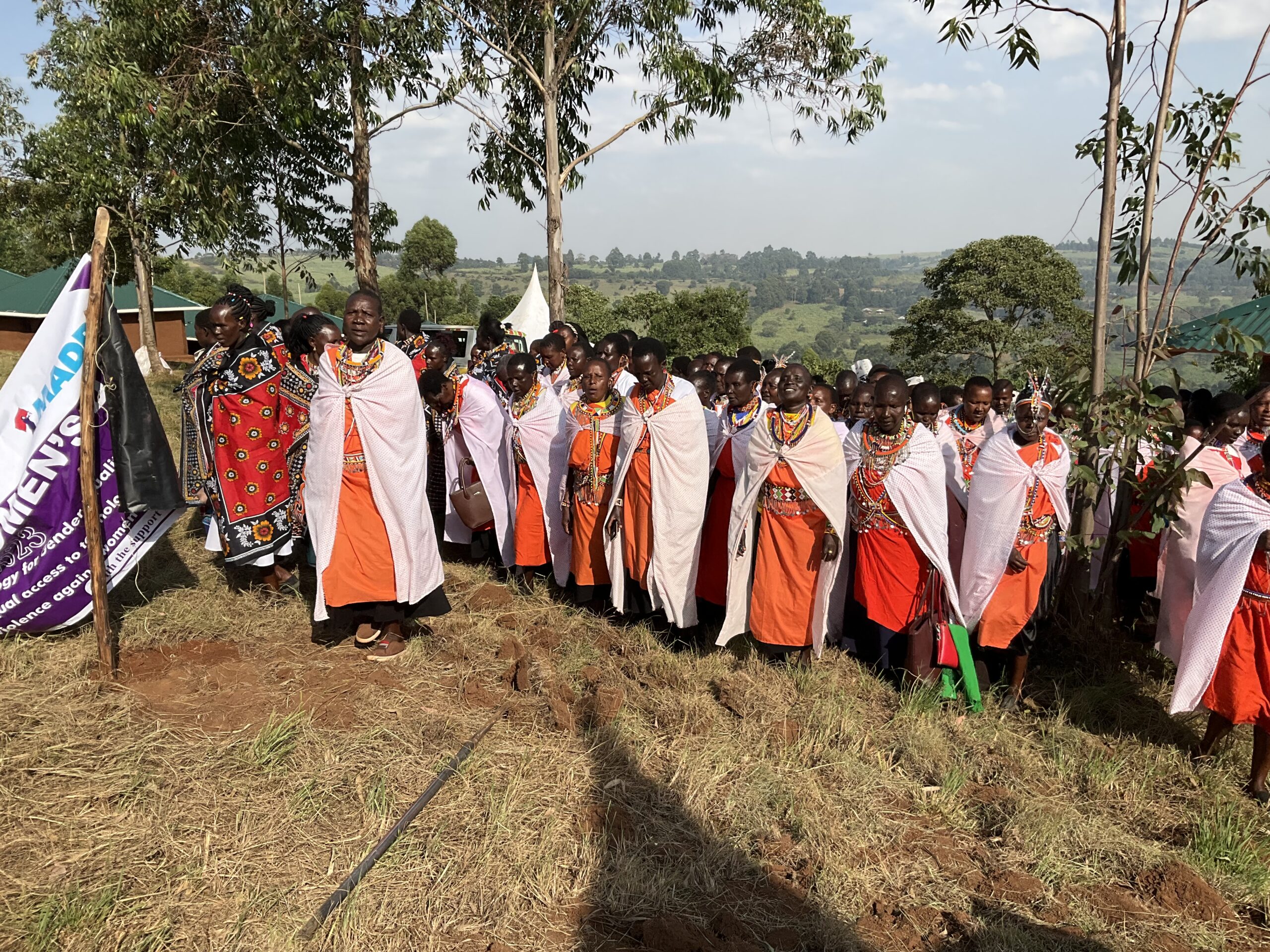
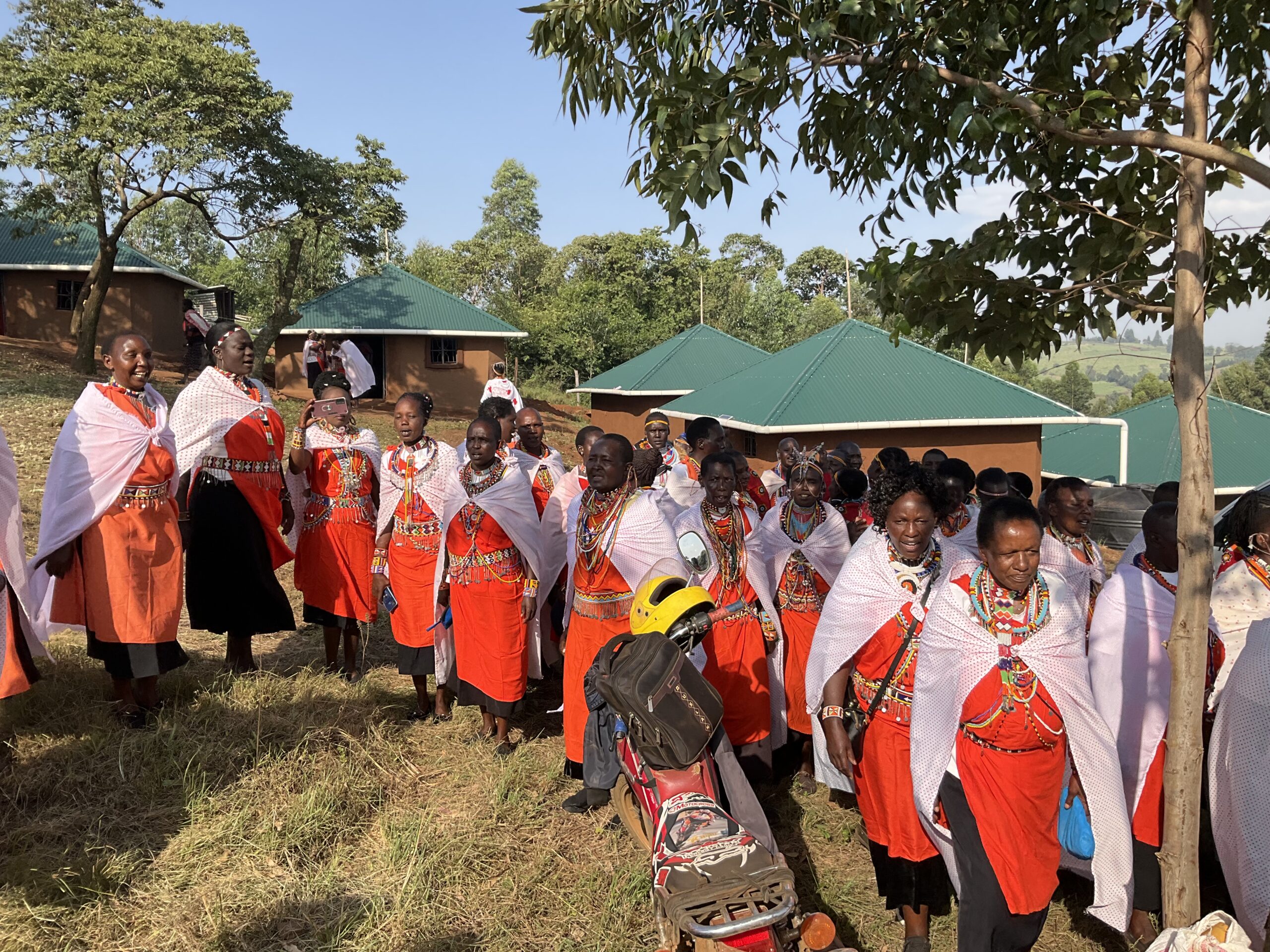
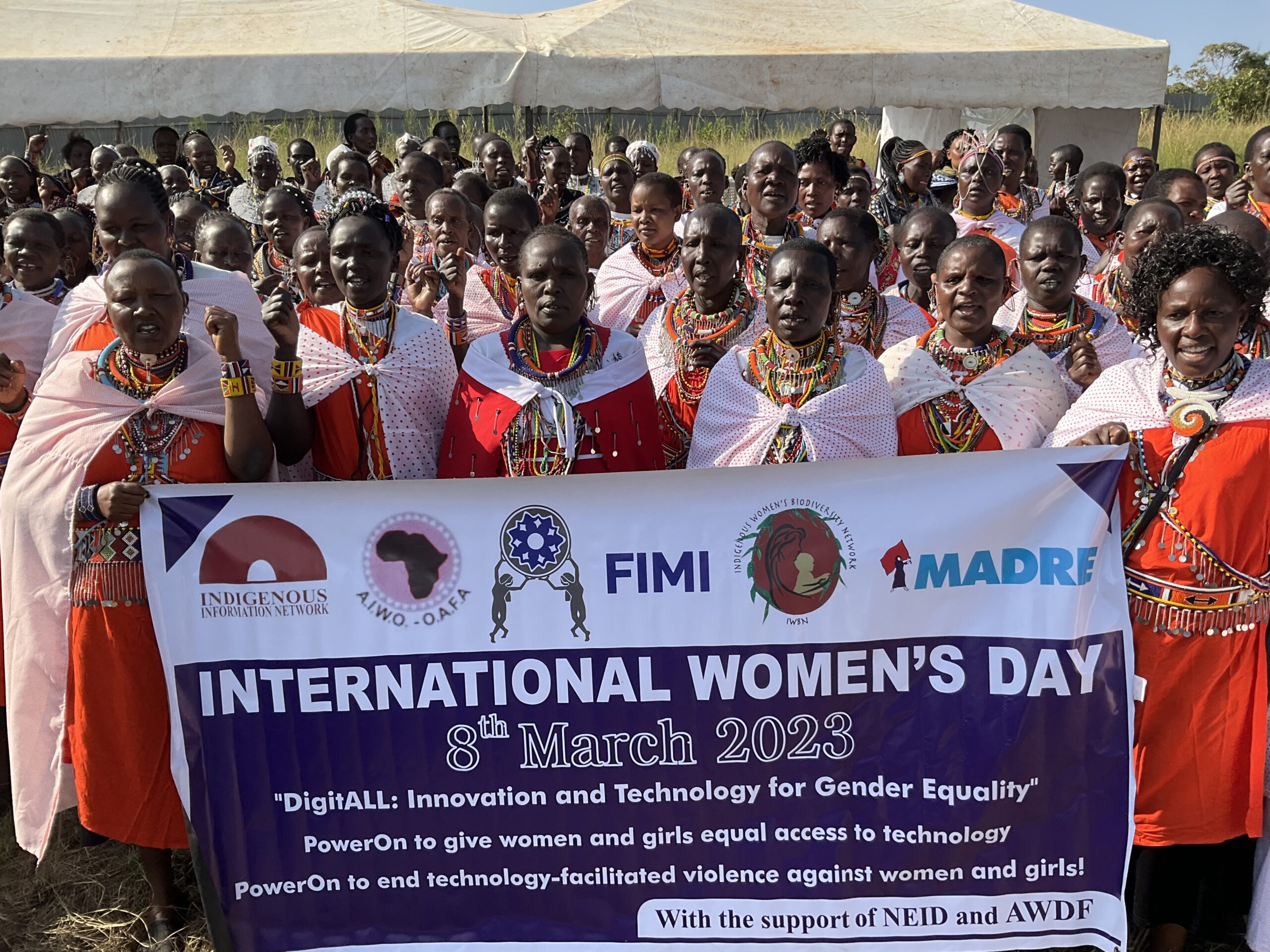
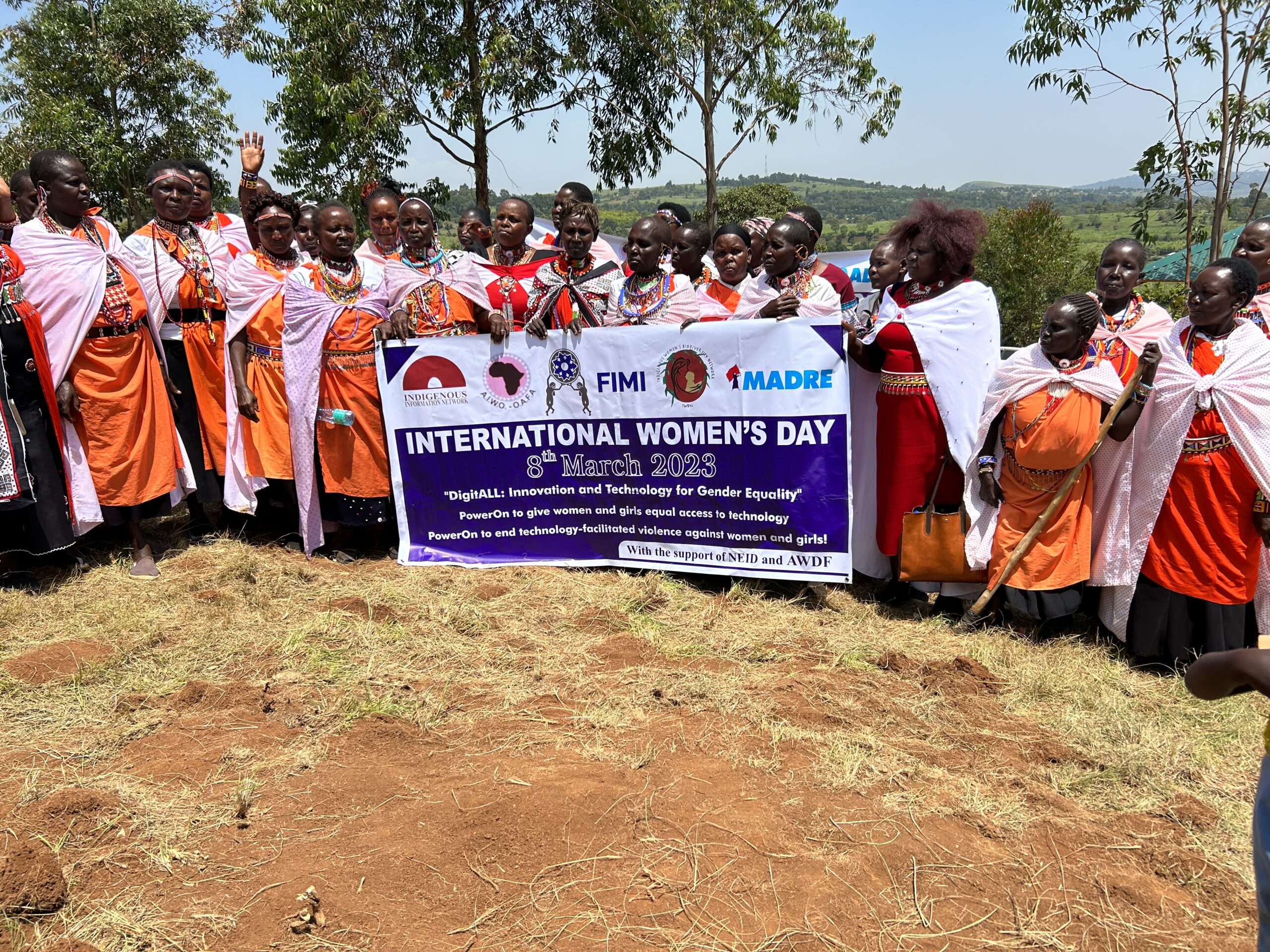
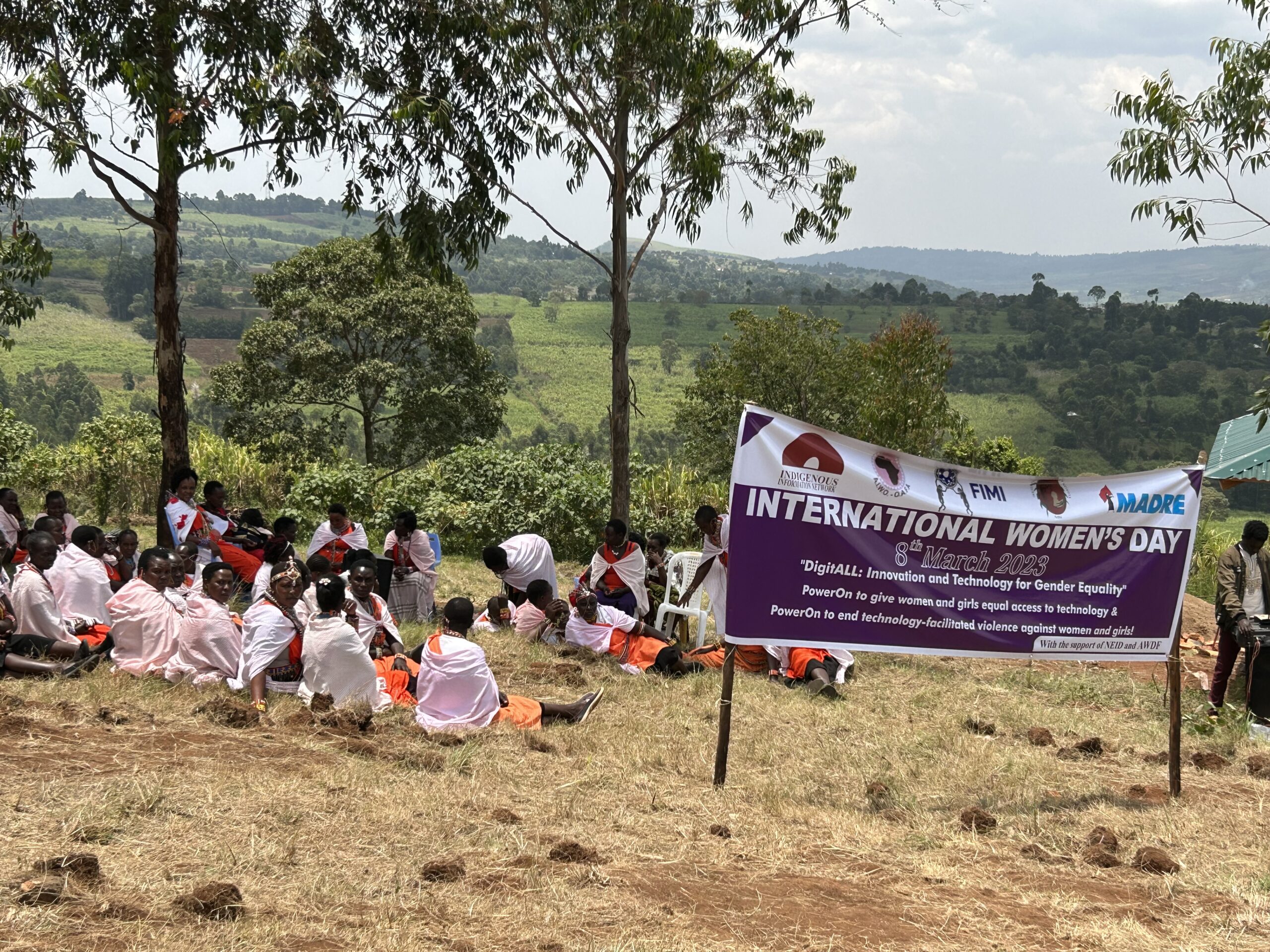
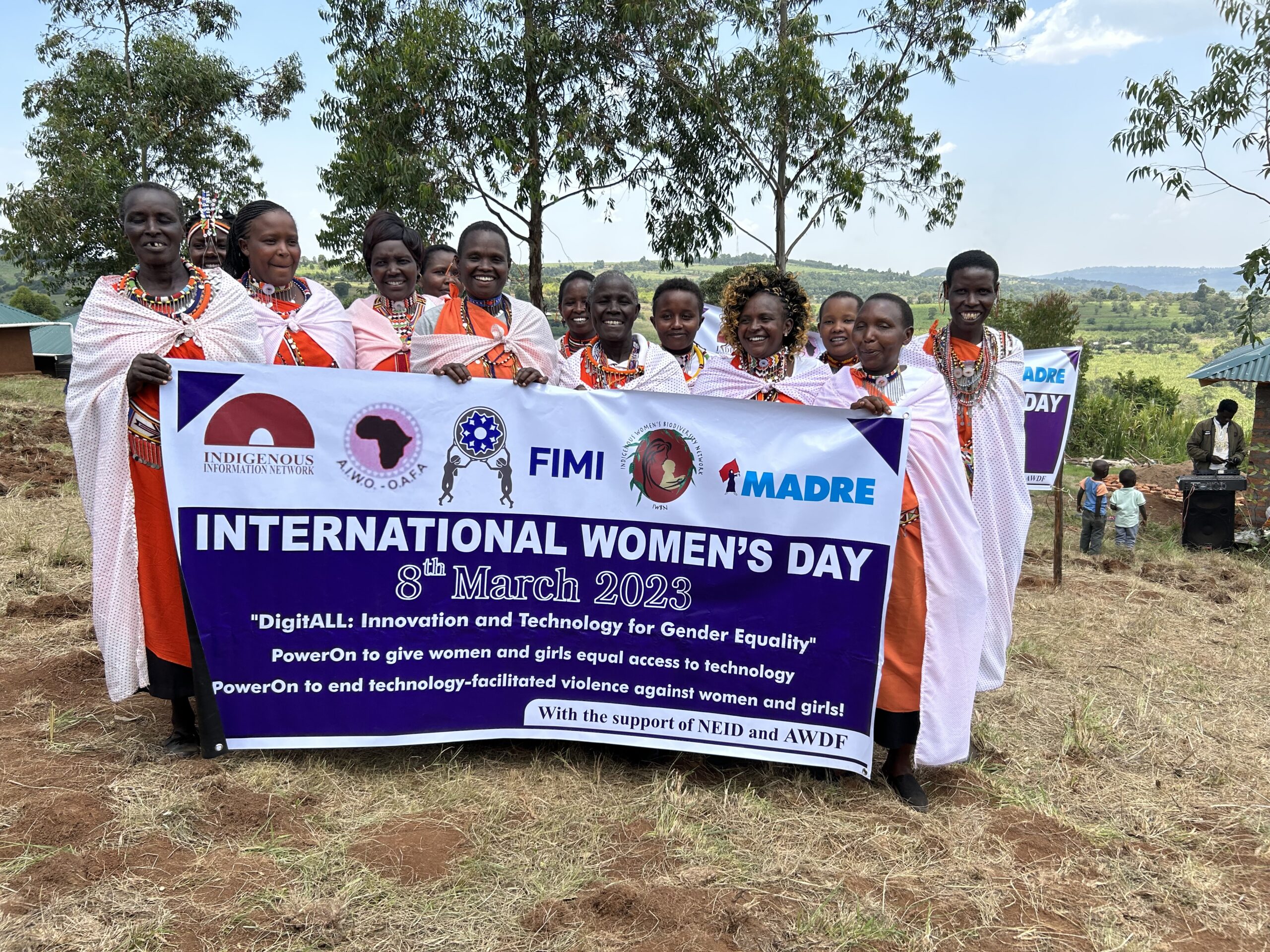
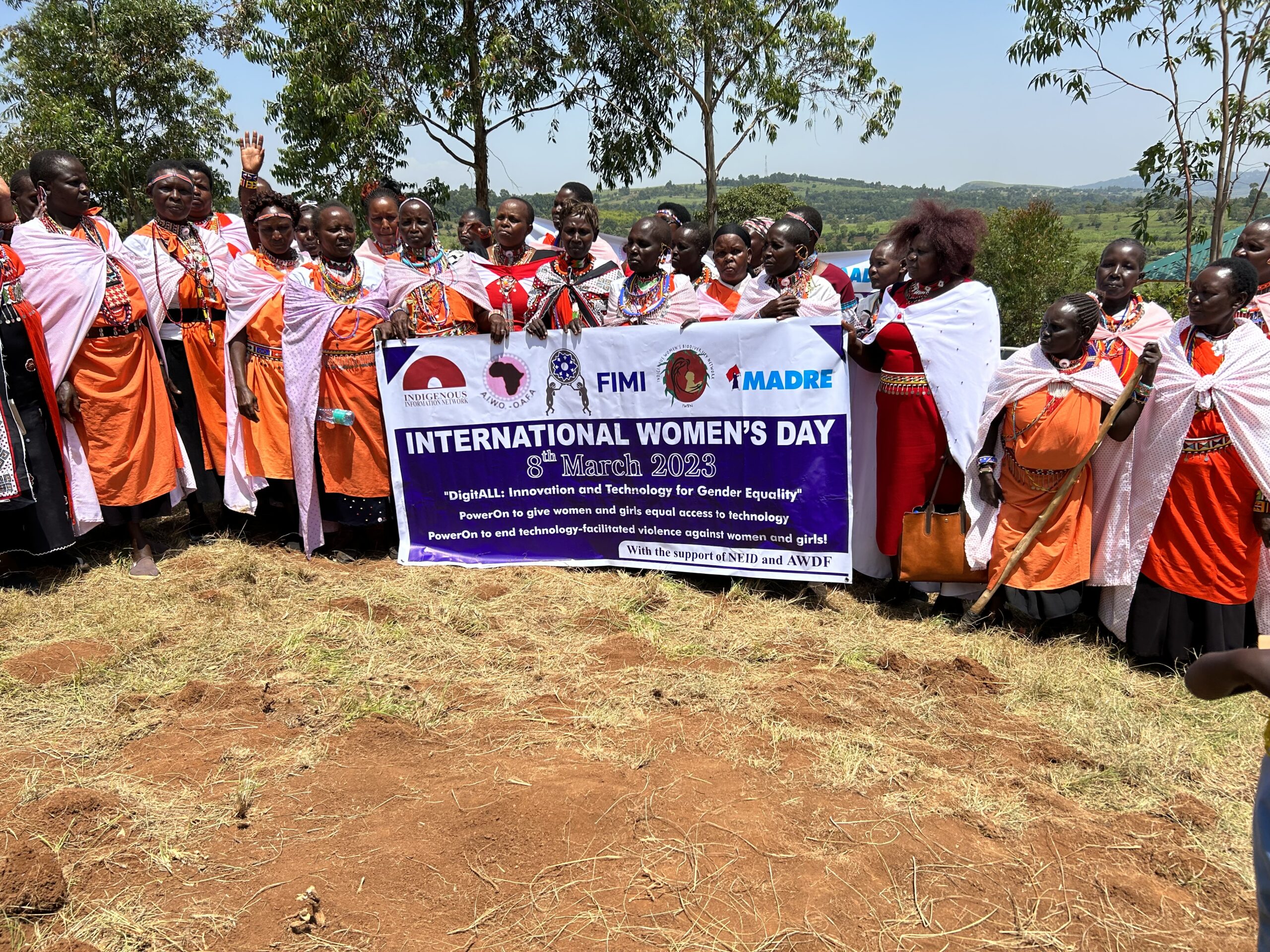
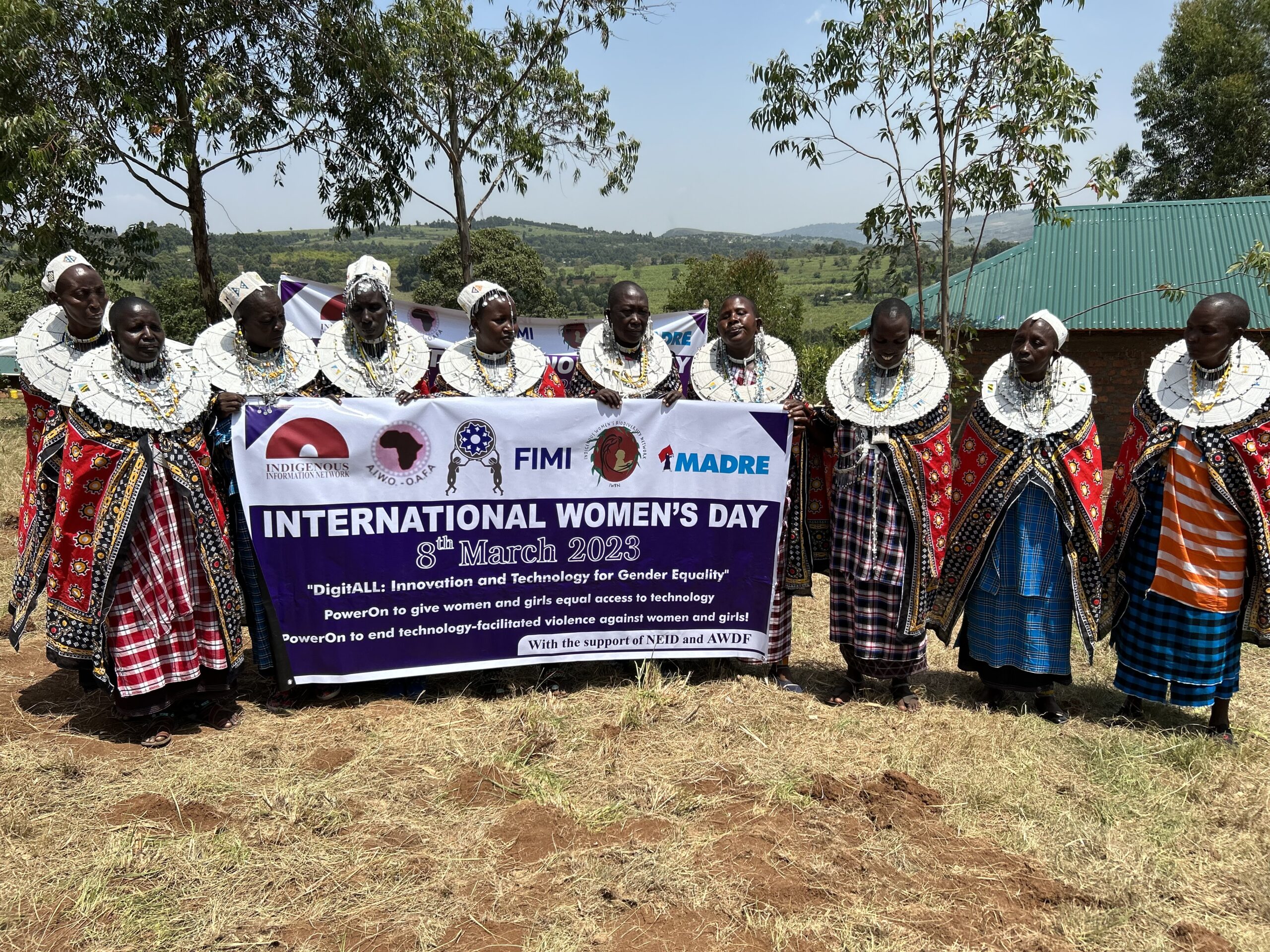
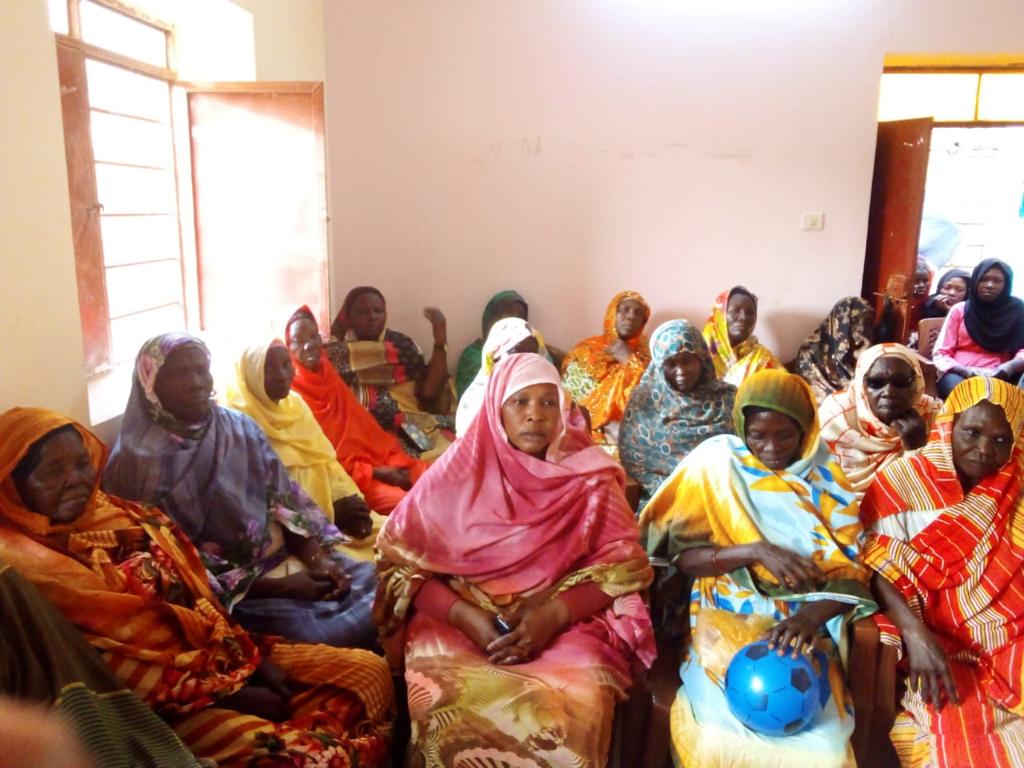
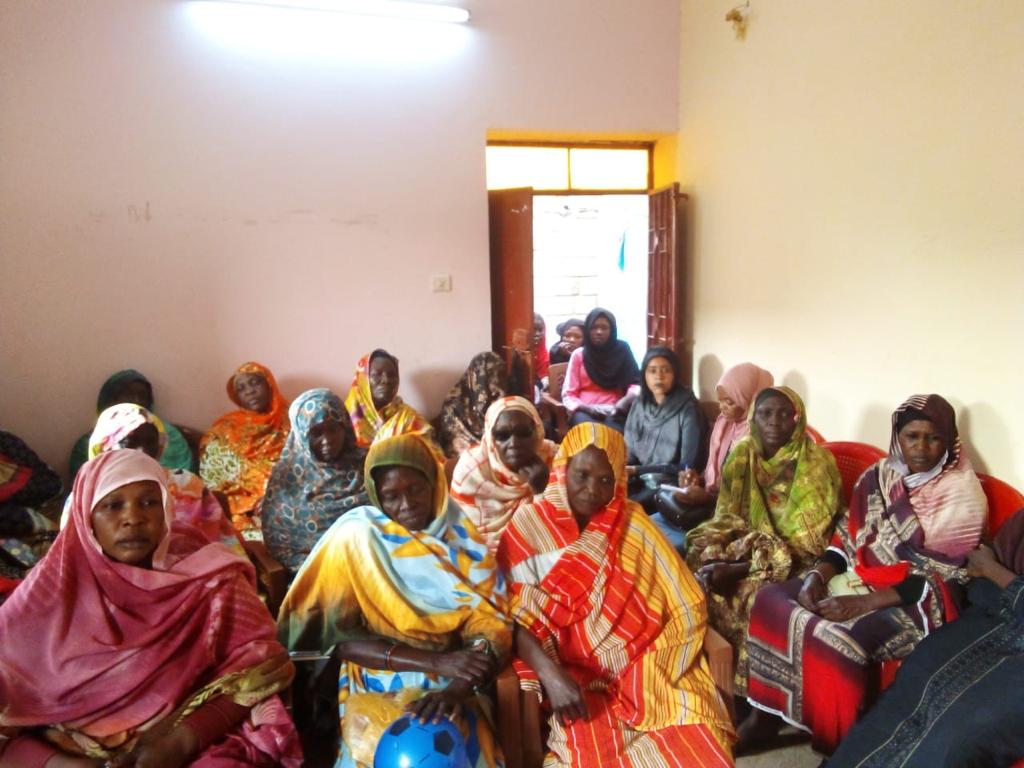
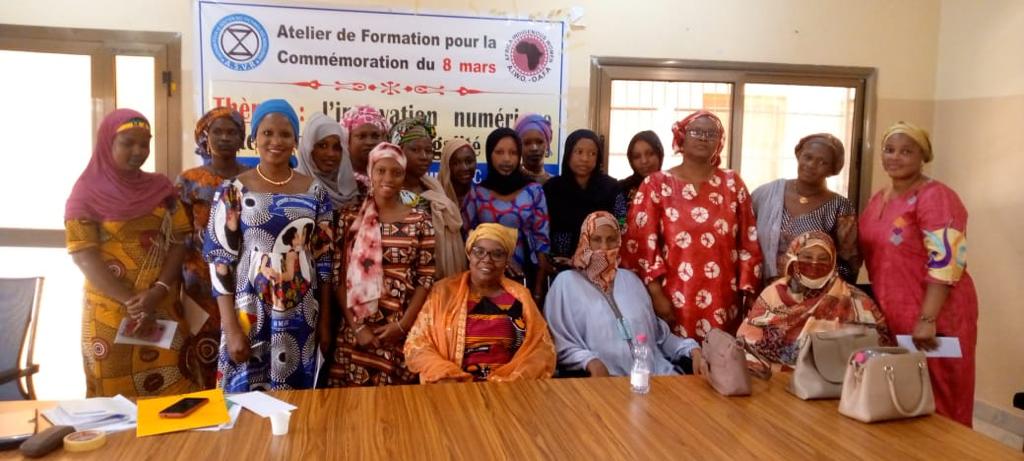
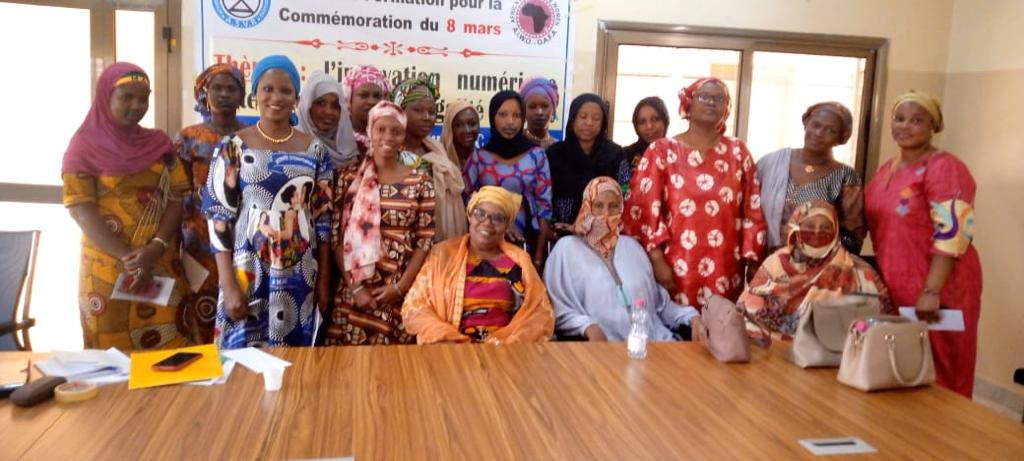
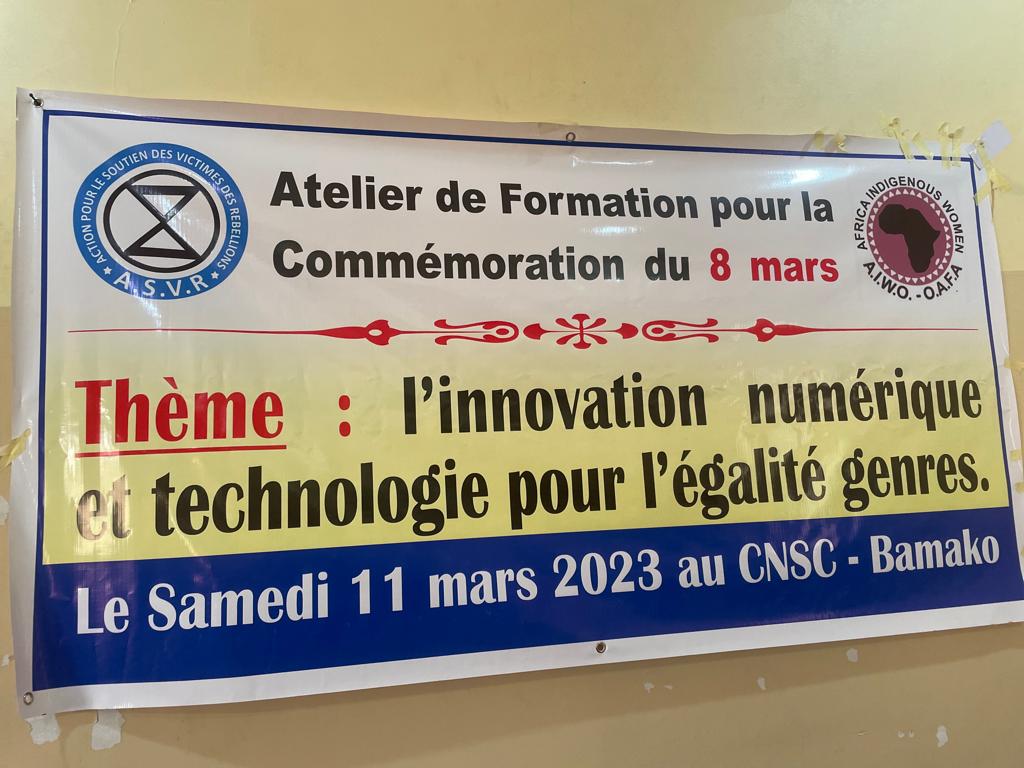
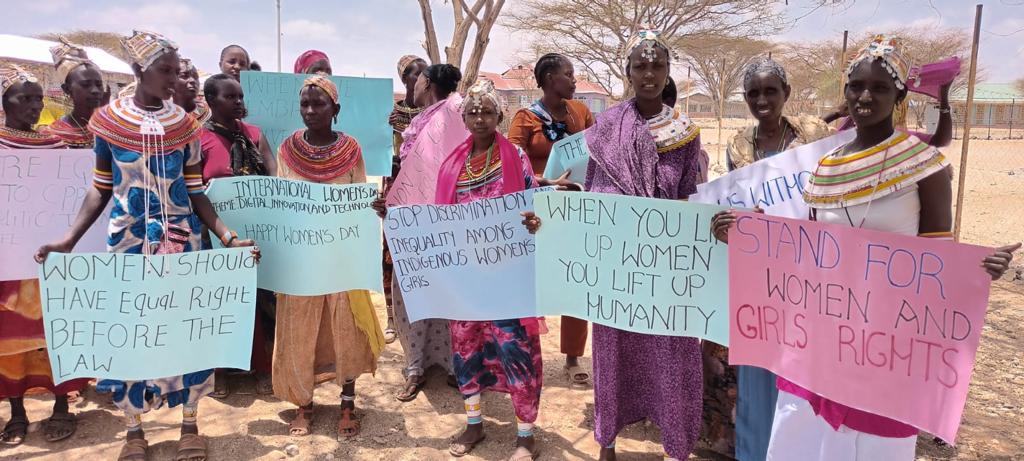
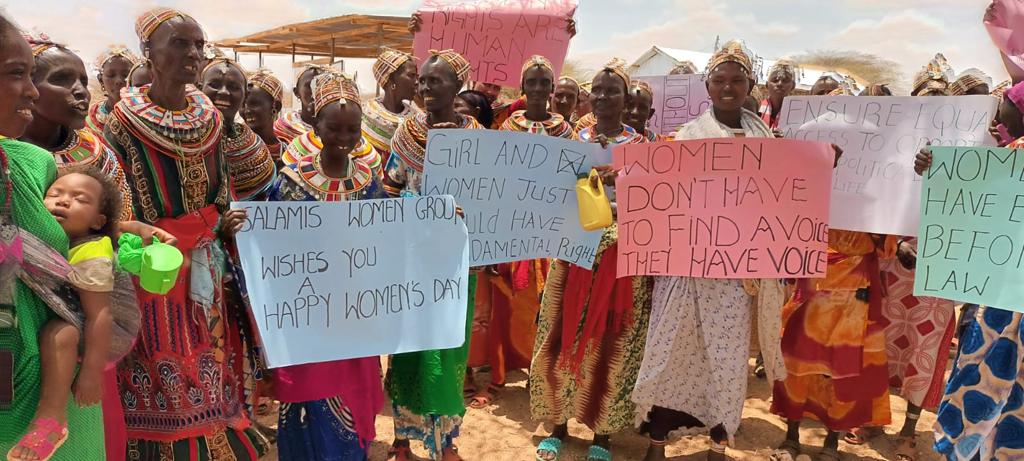
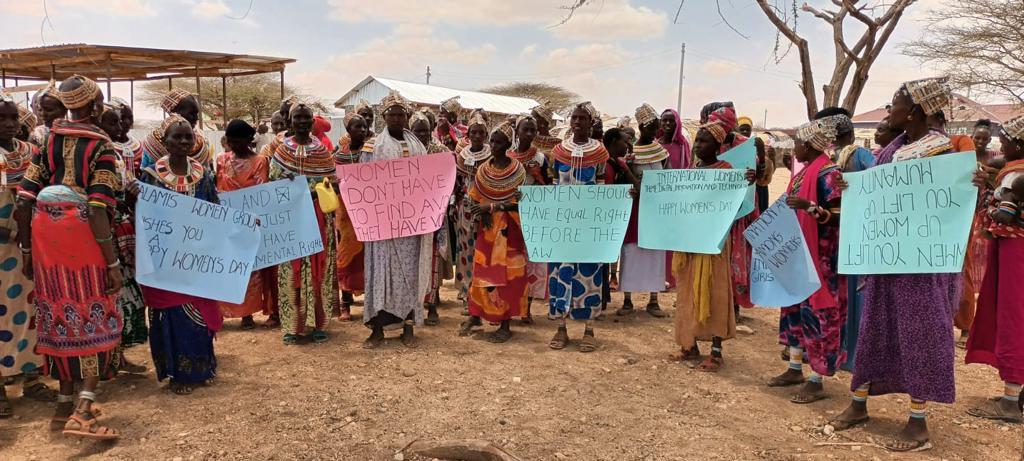
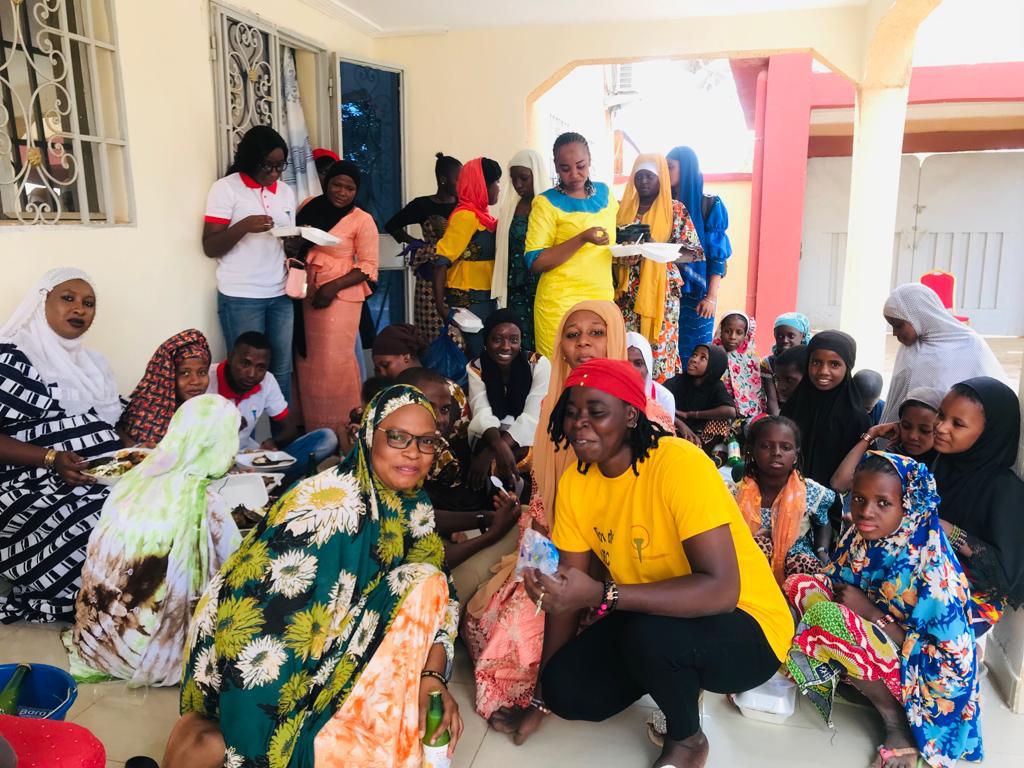
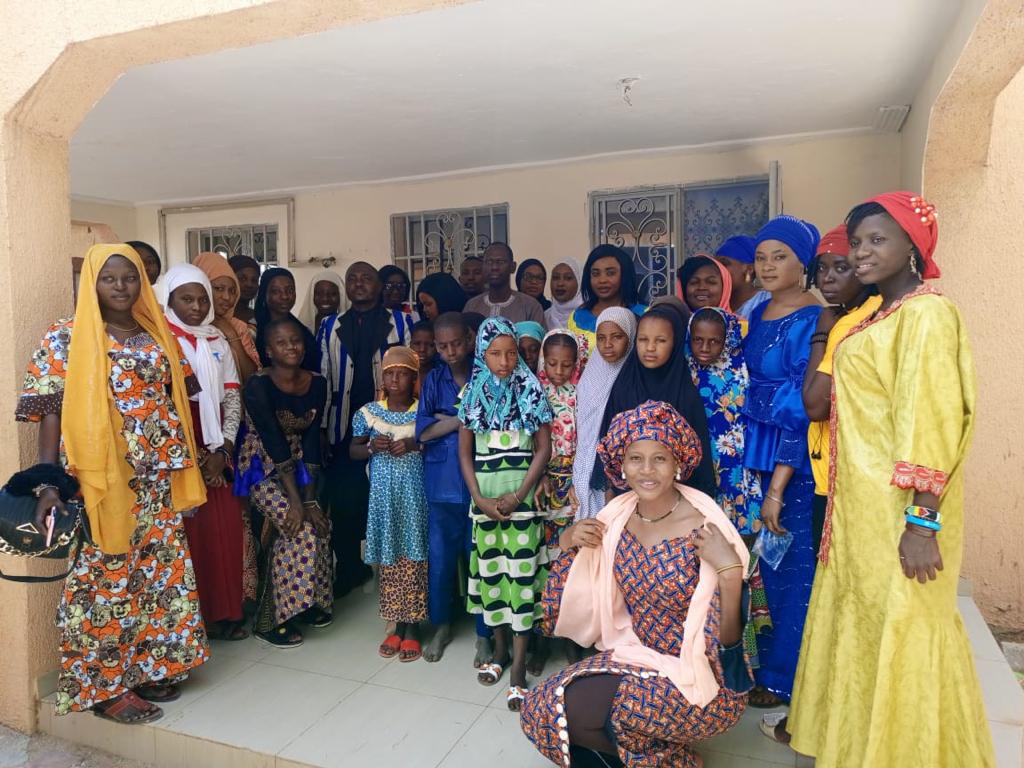
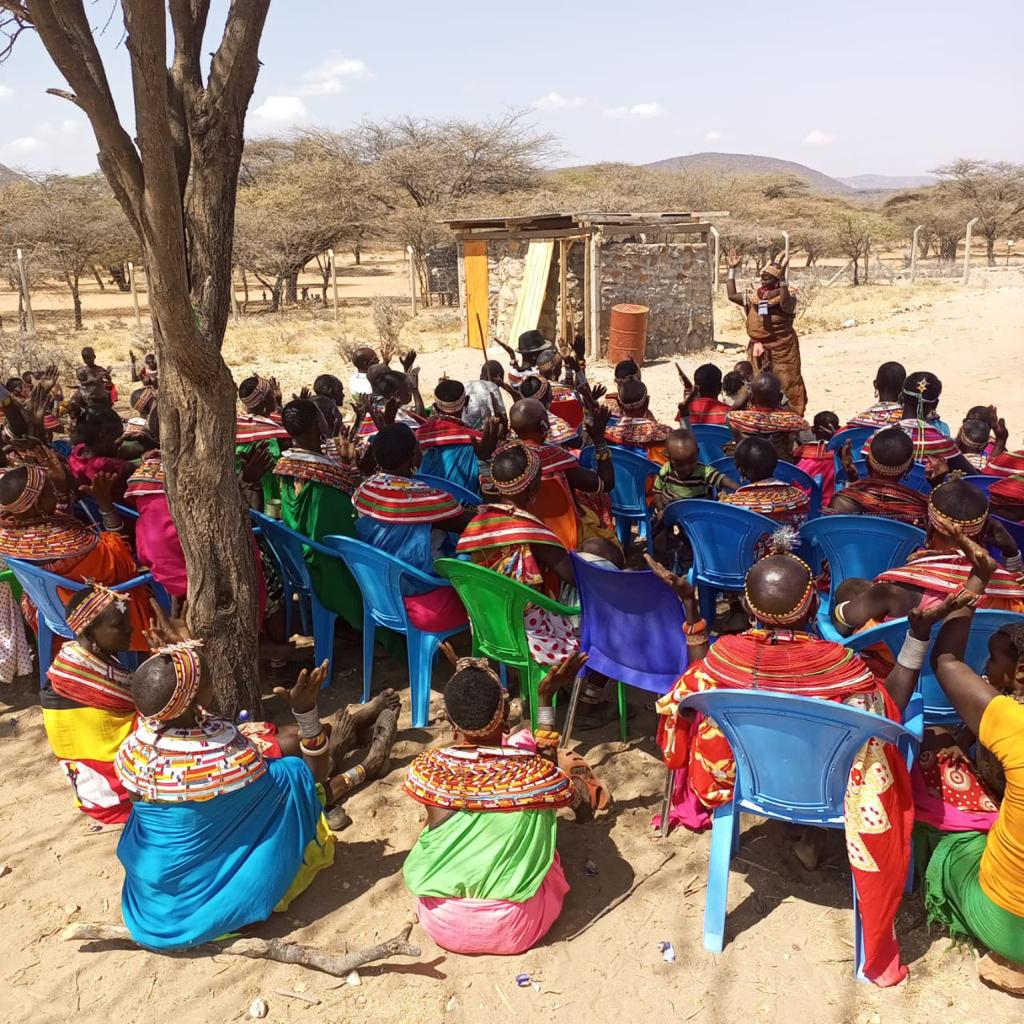
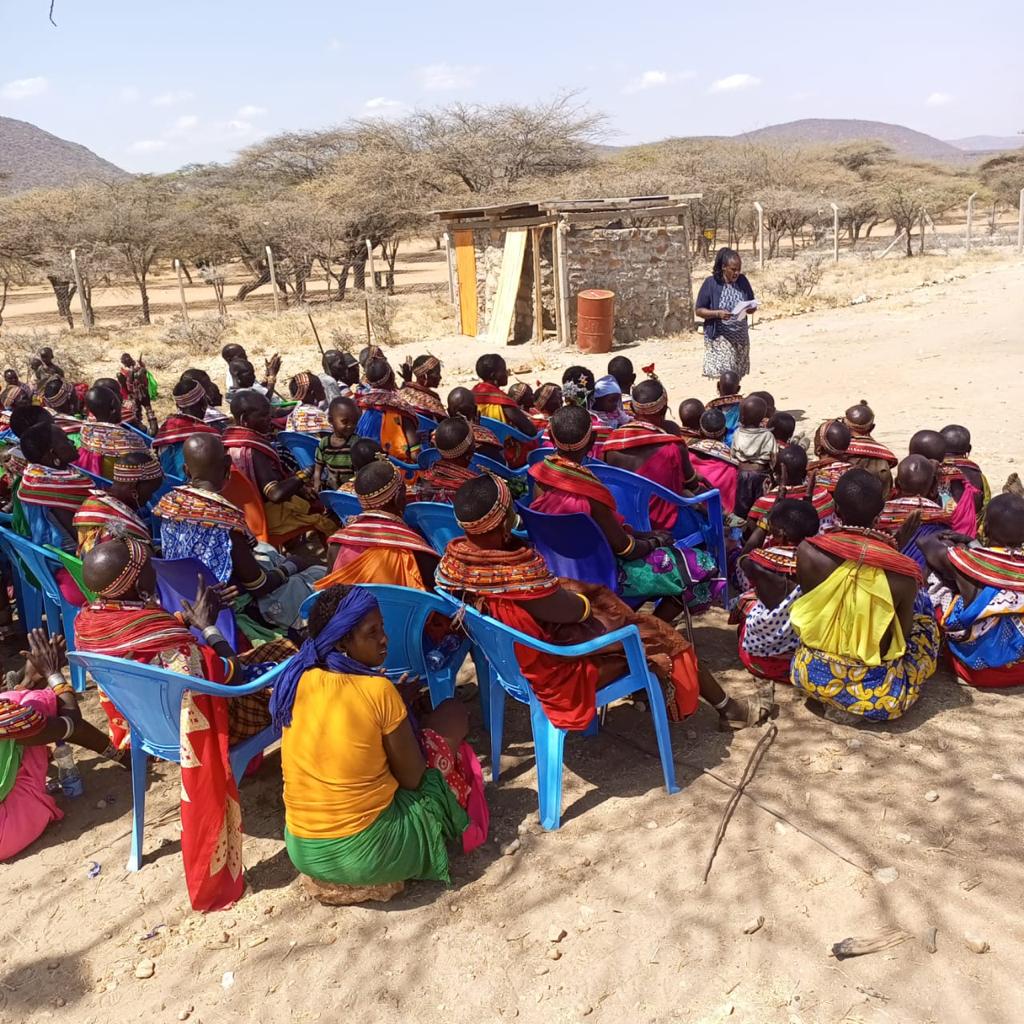
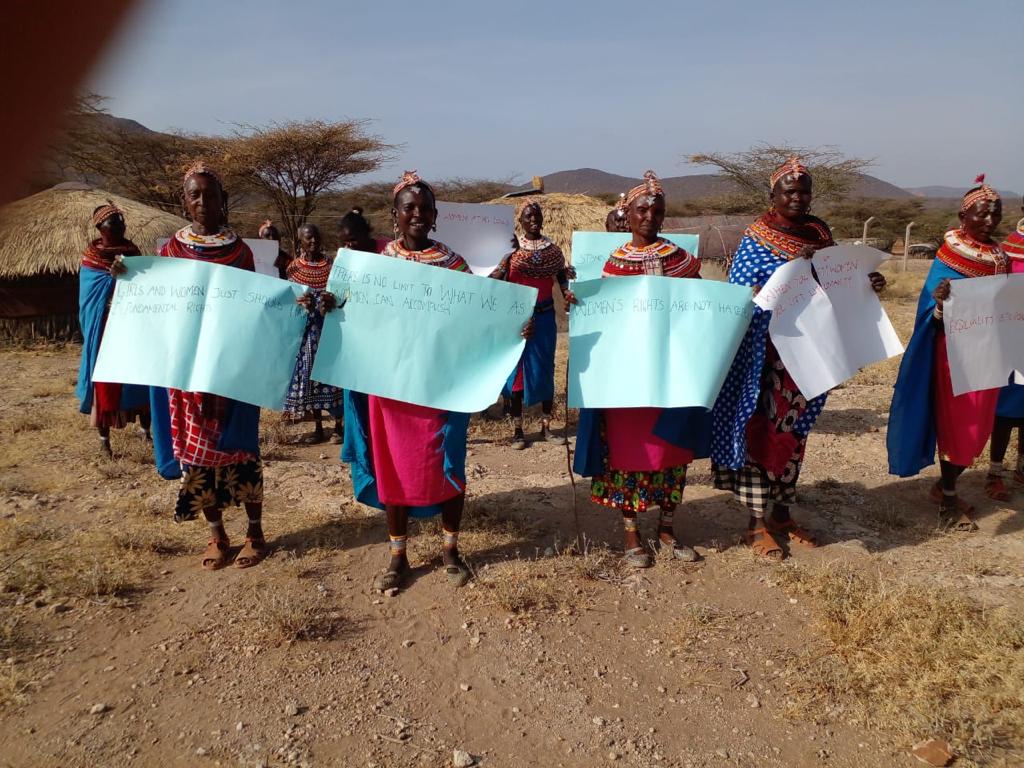
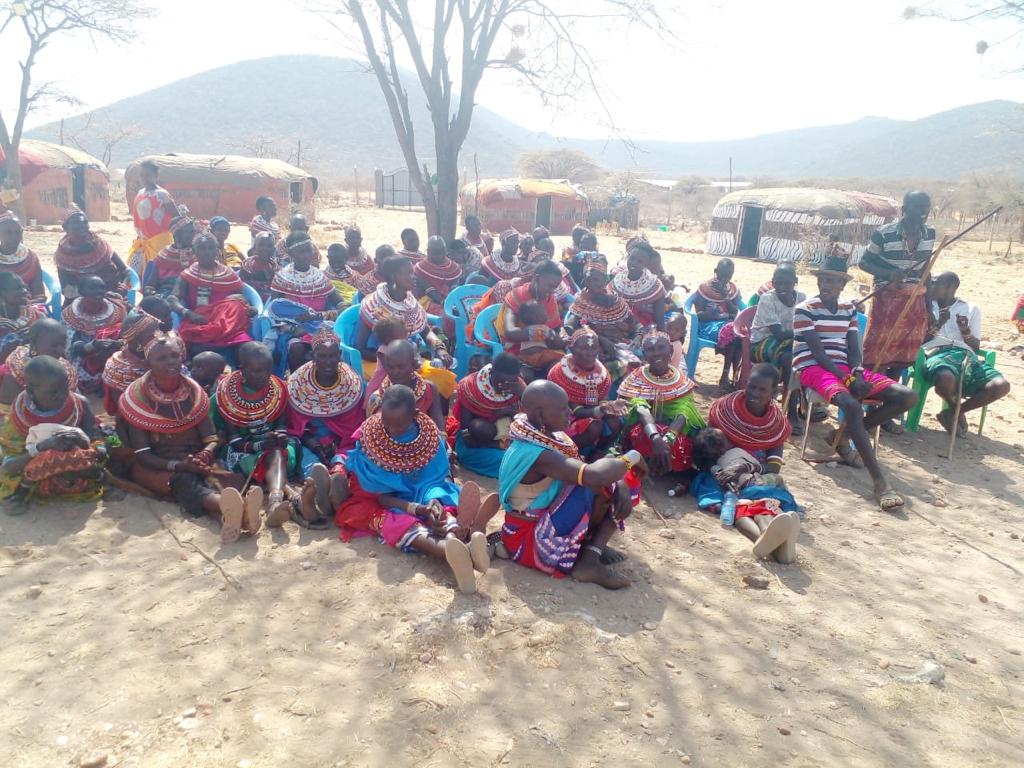
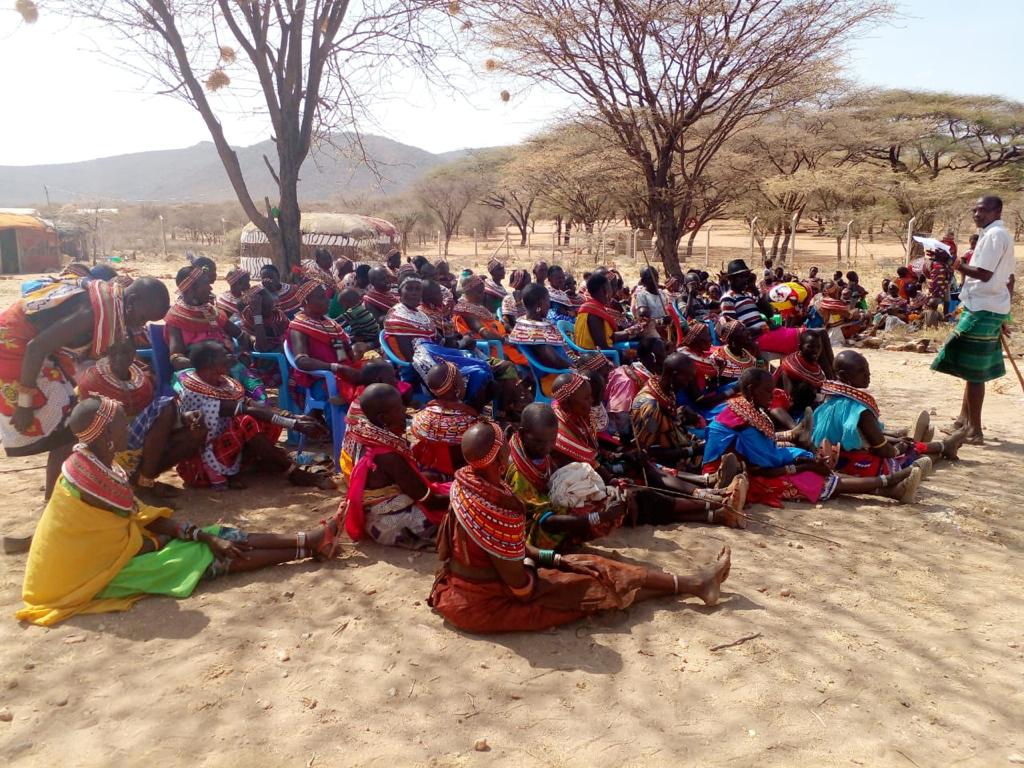
COP 27 Participation
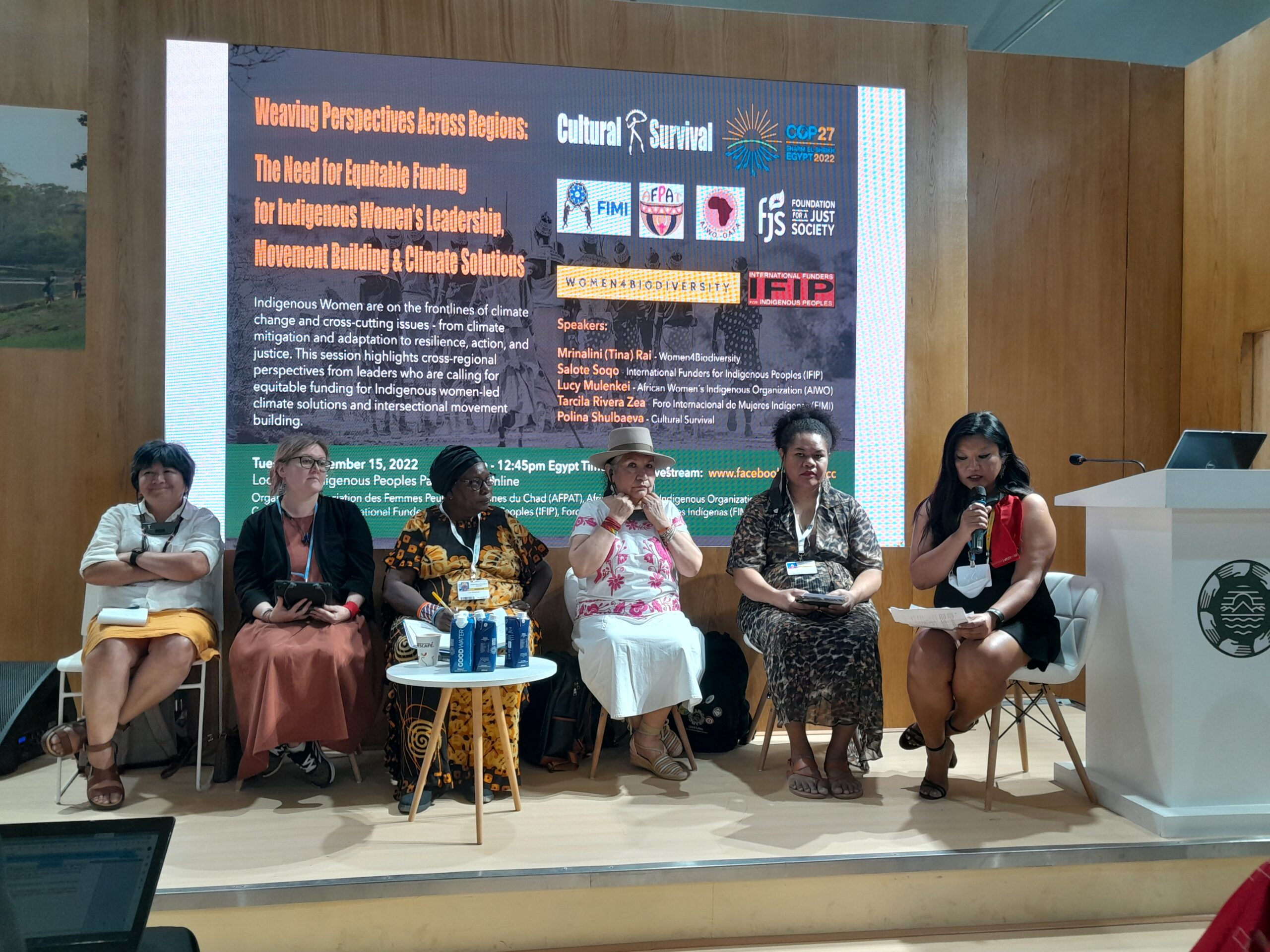
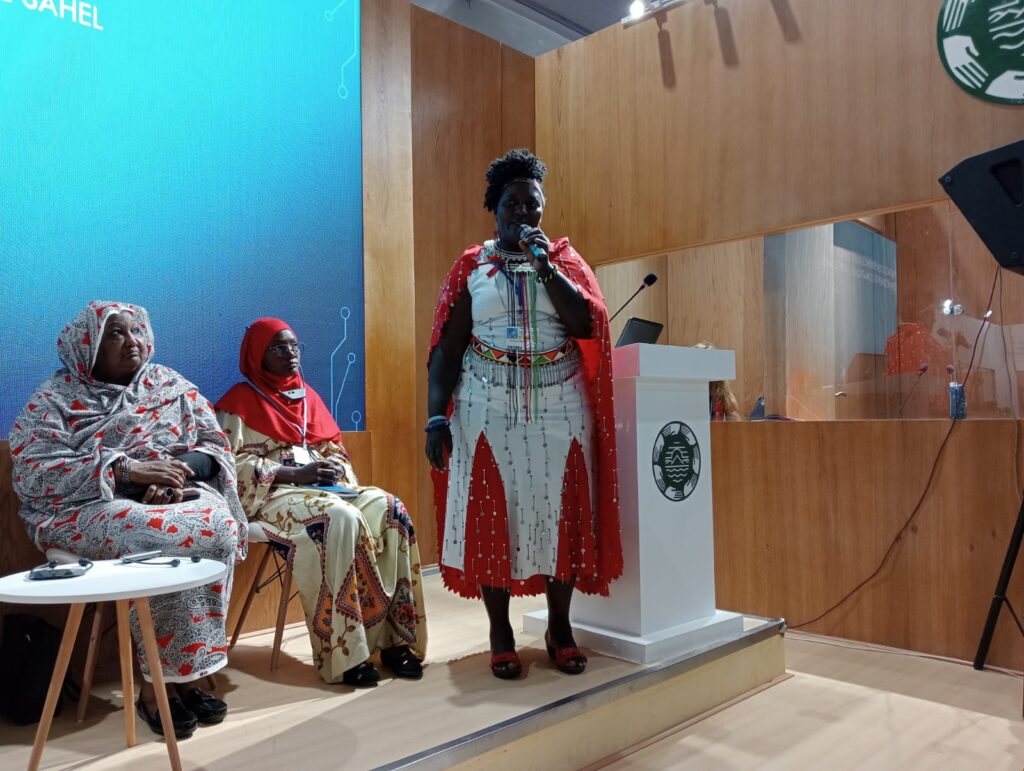
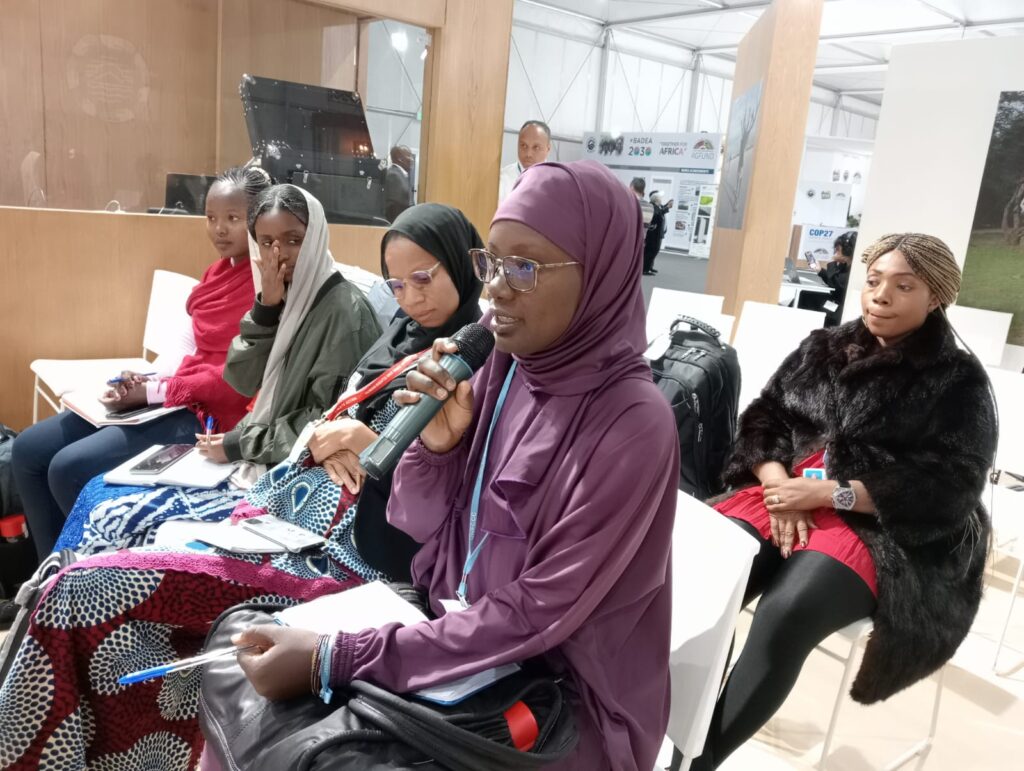
16 Days of Activism 2022 “UNiTE! Activism to end violence against women and girls”.
